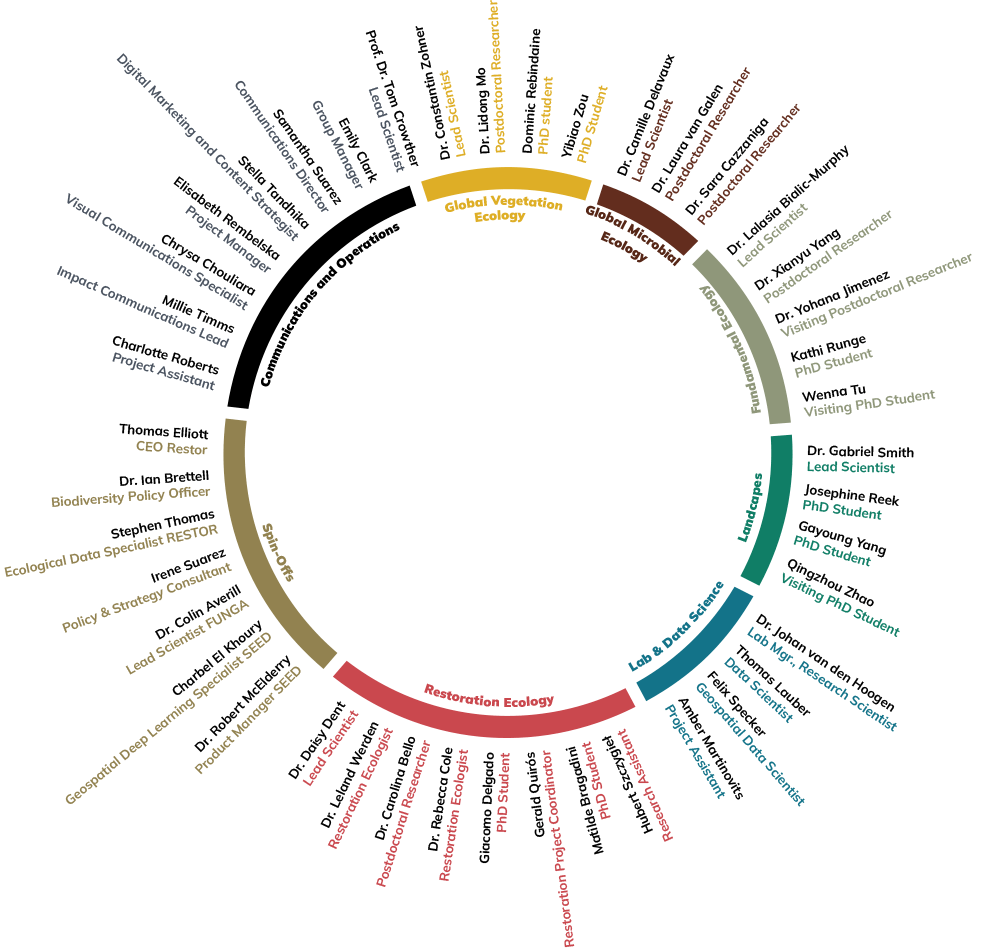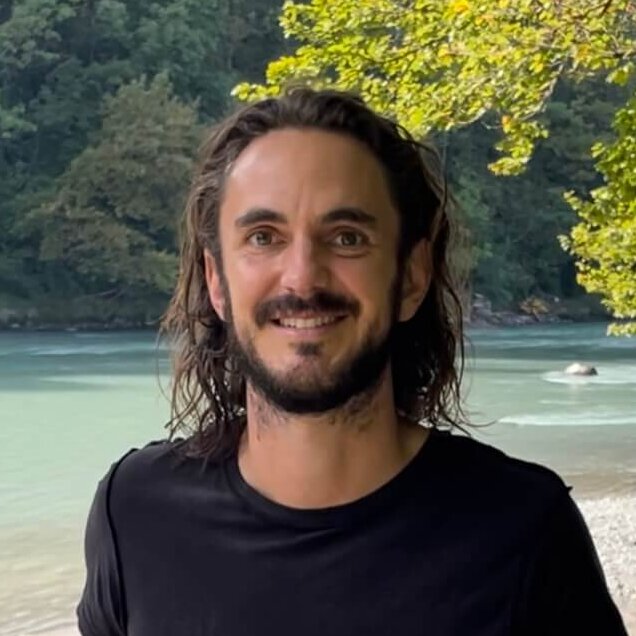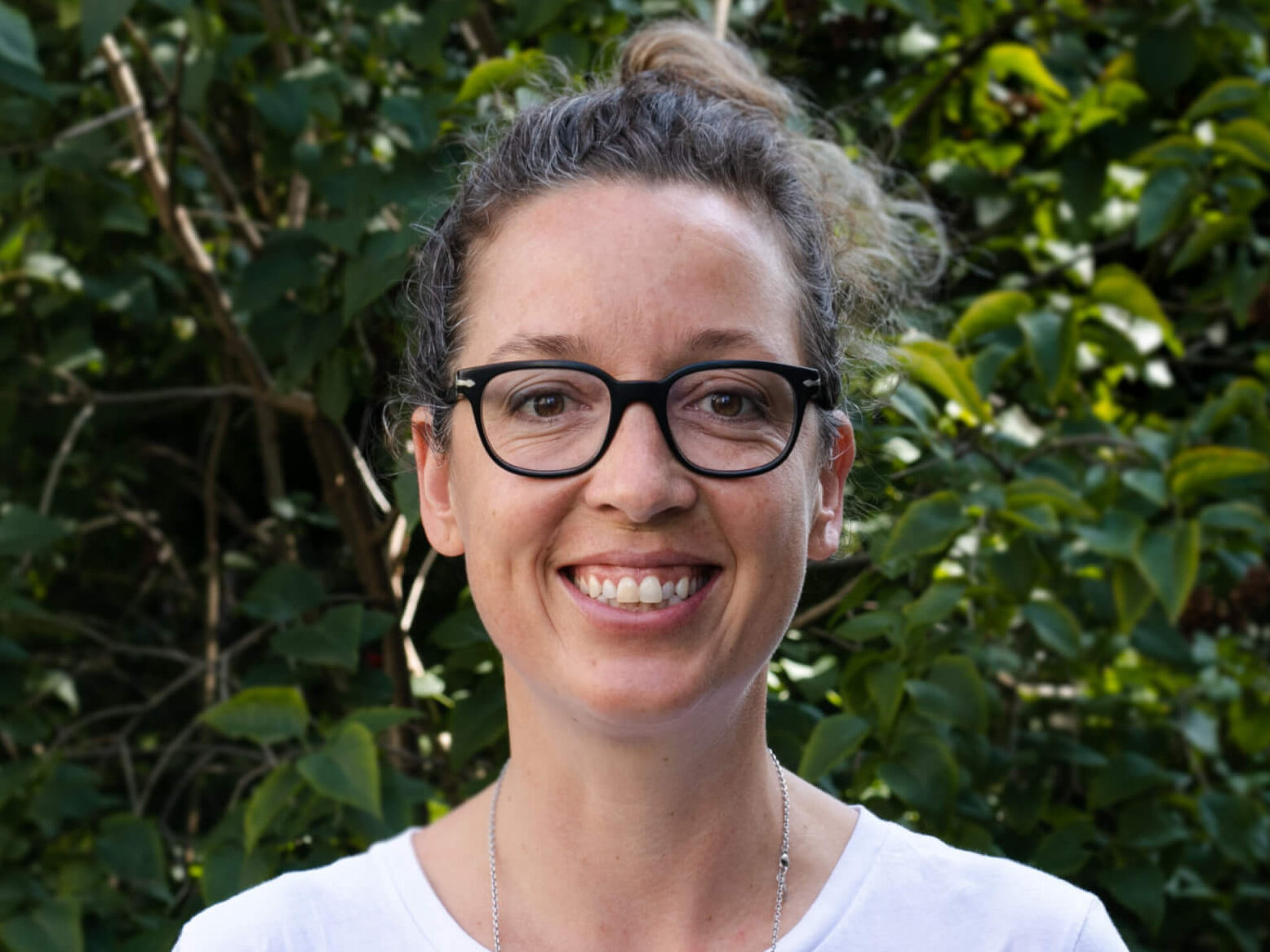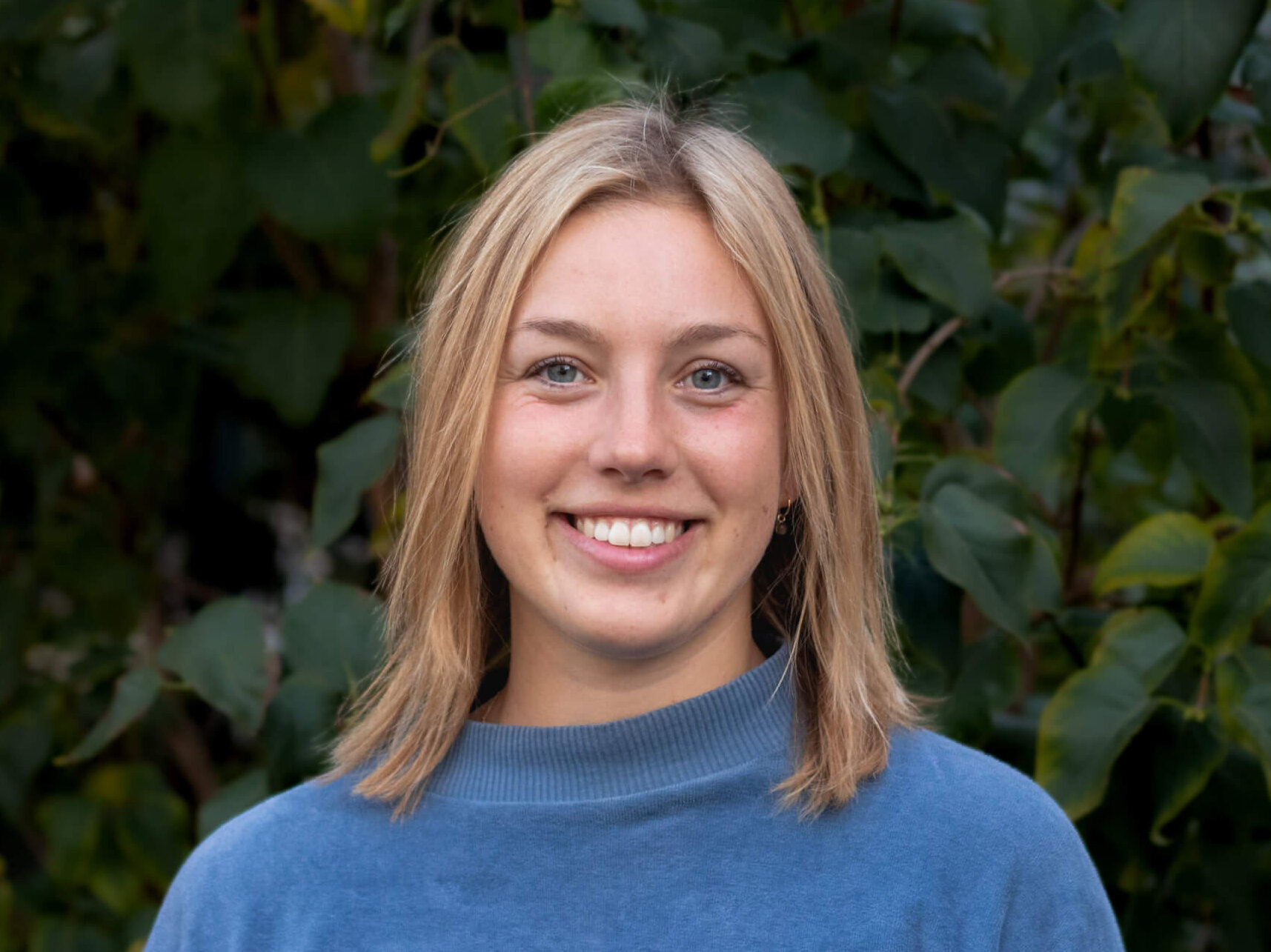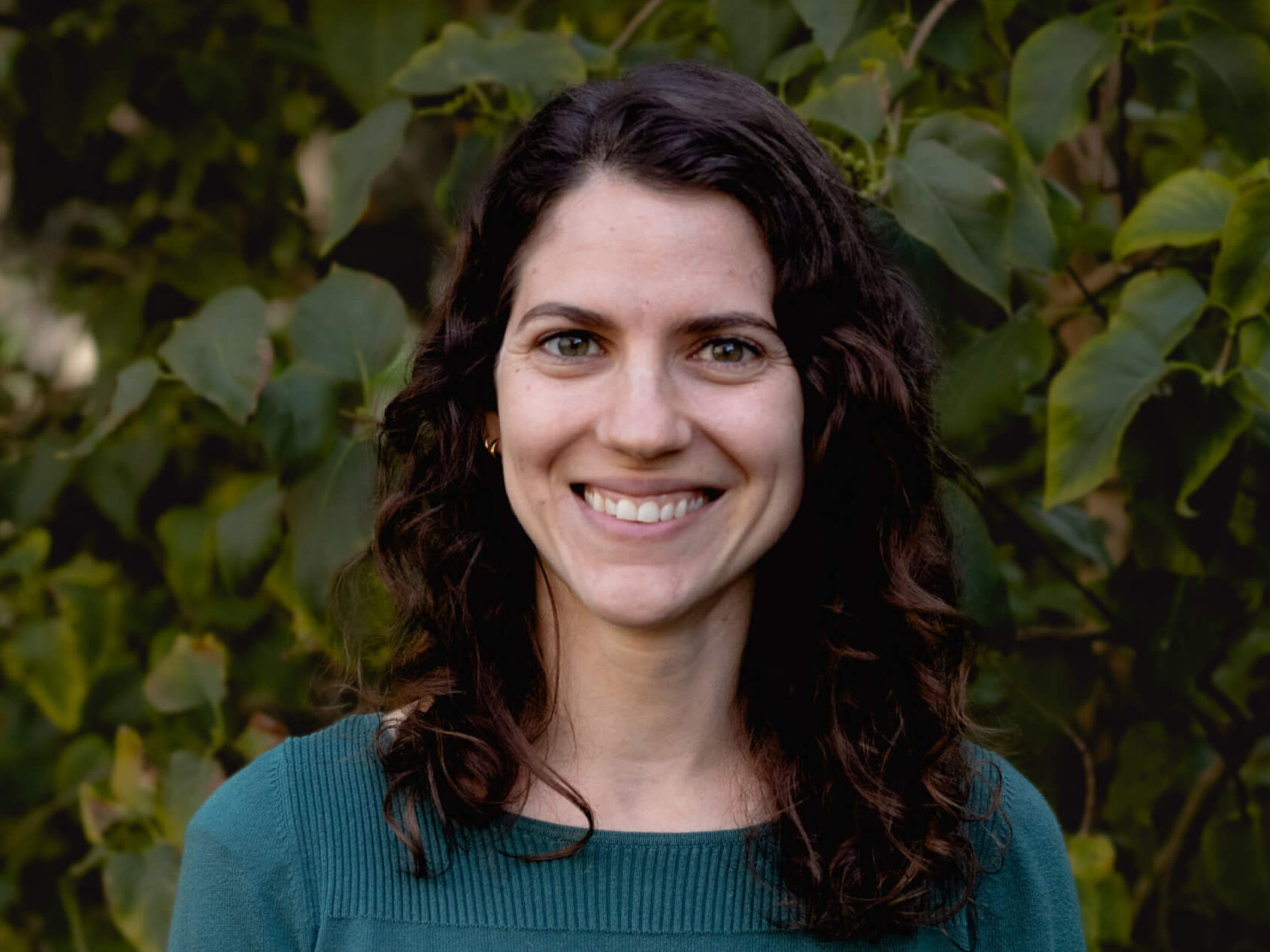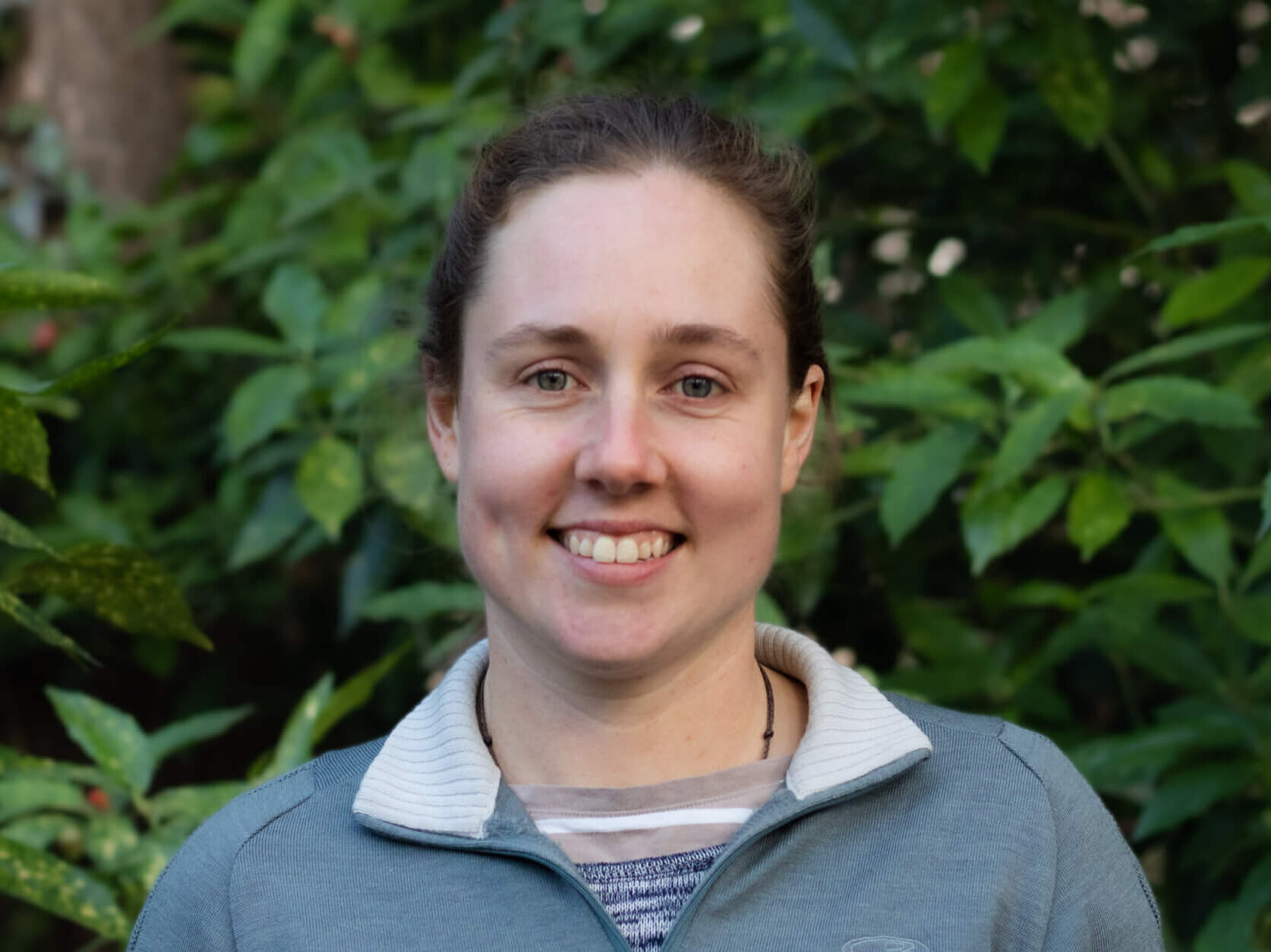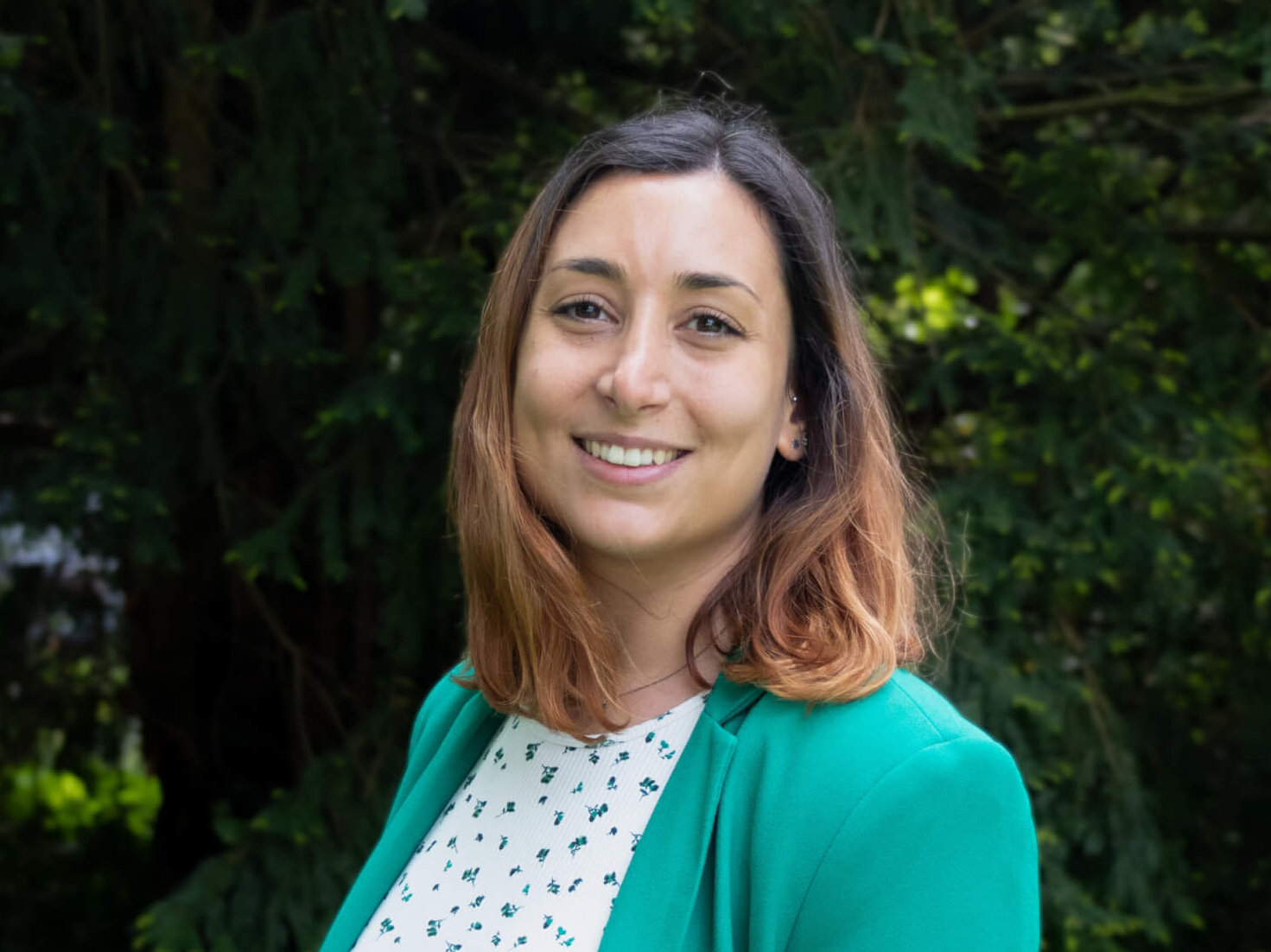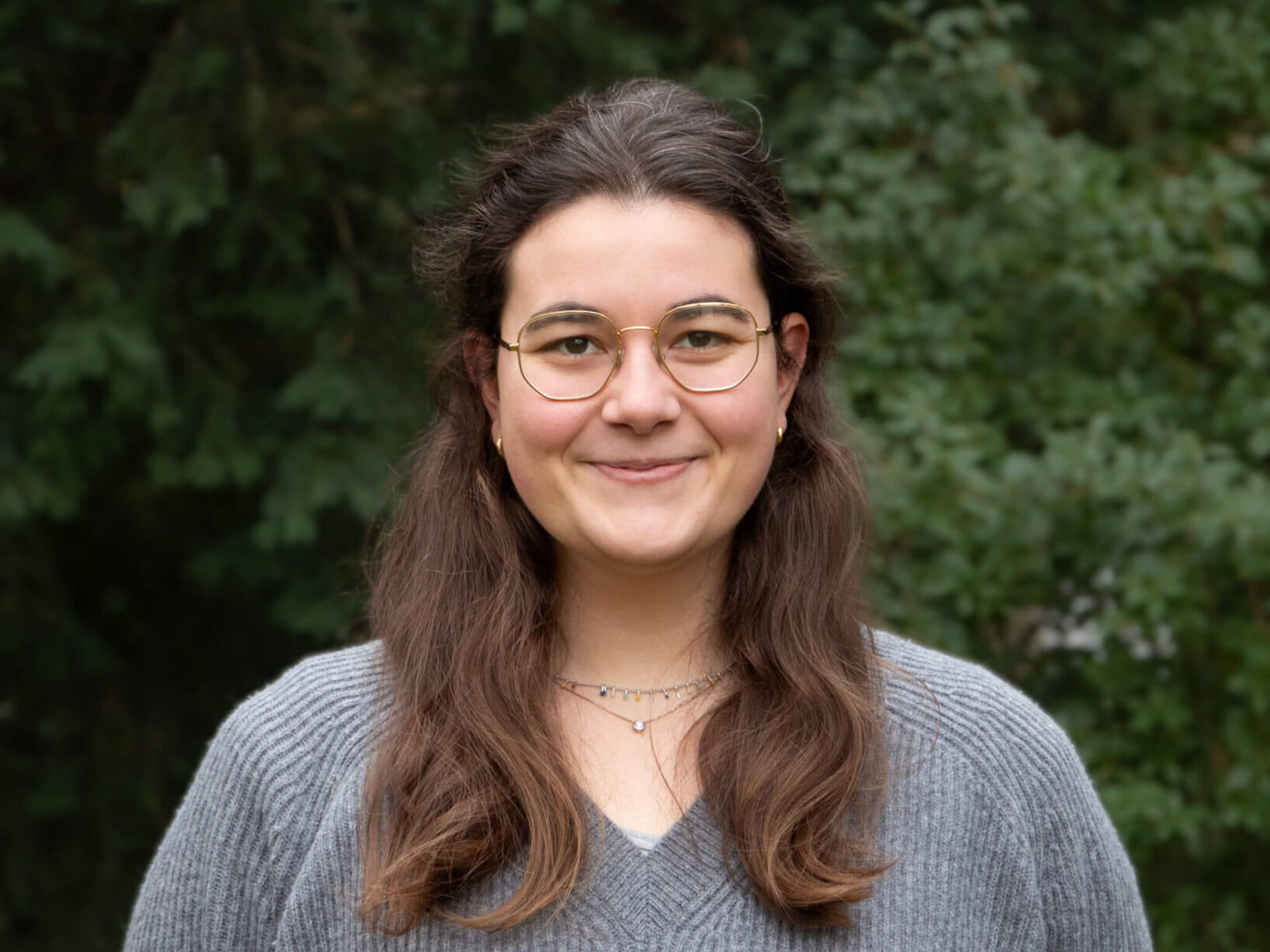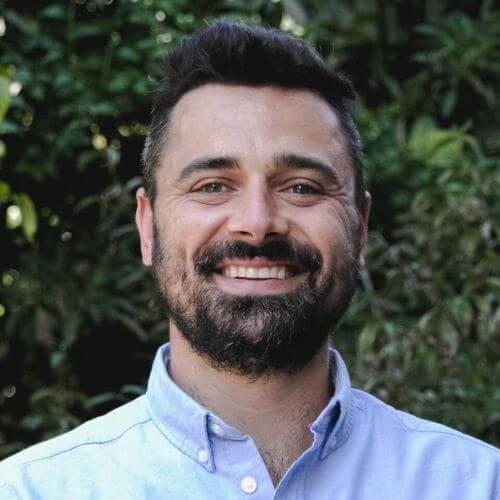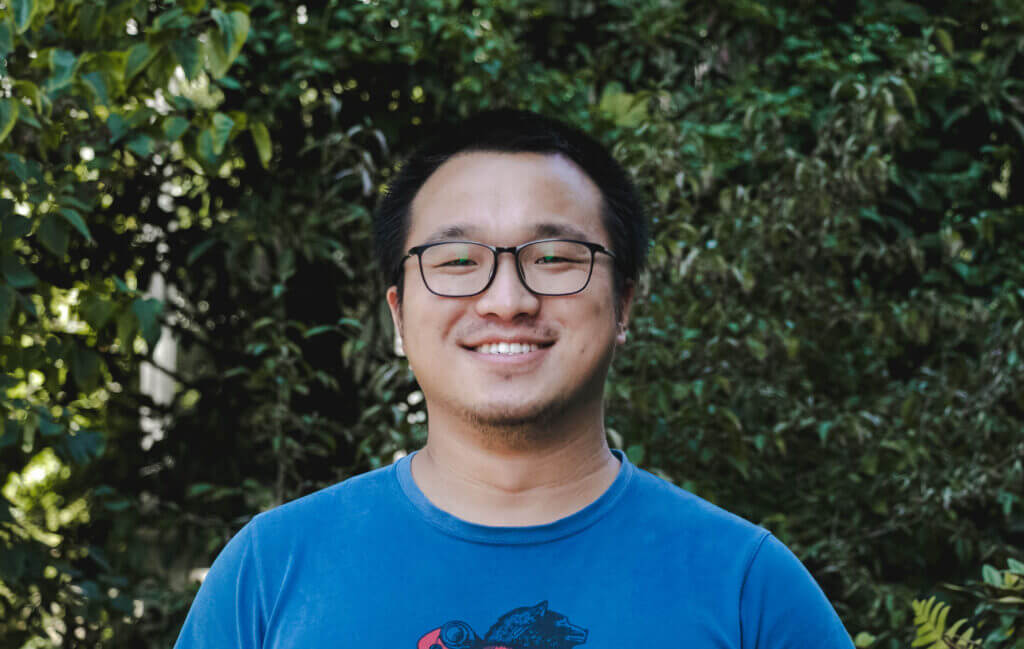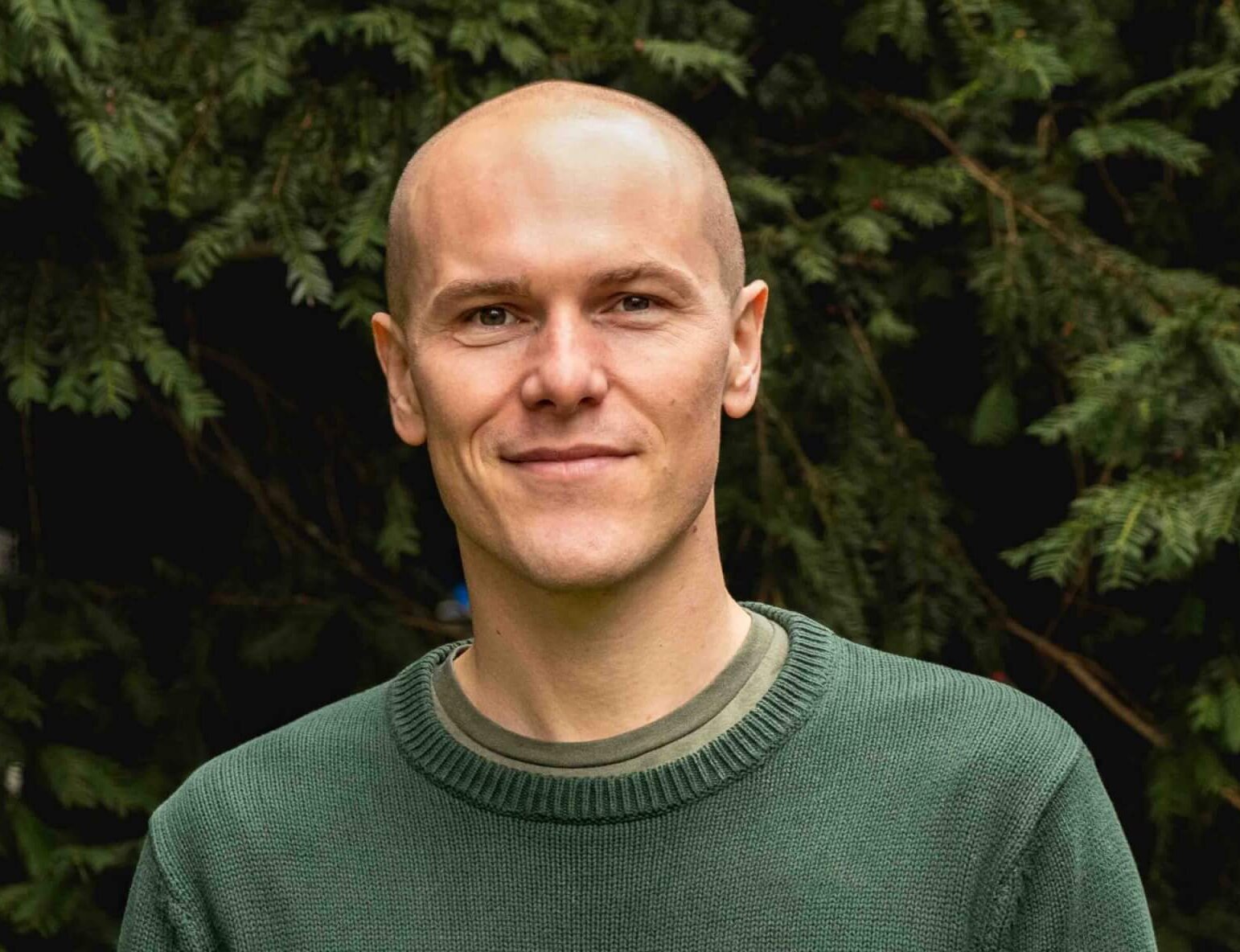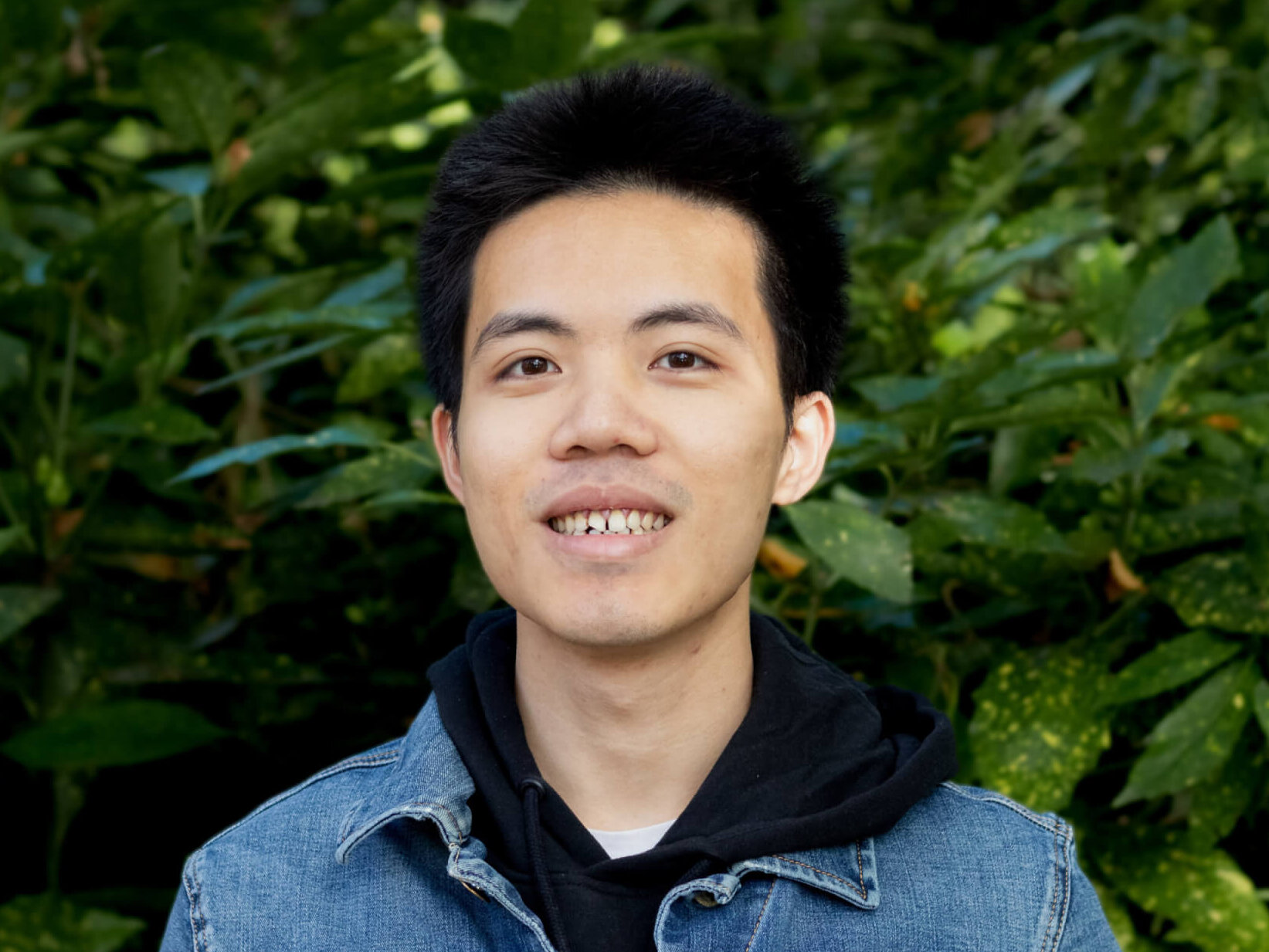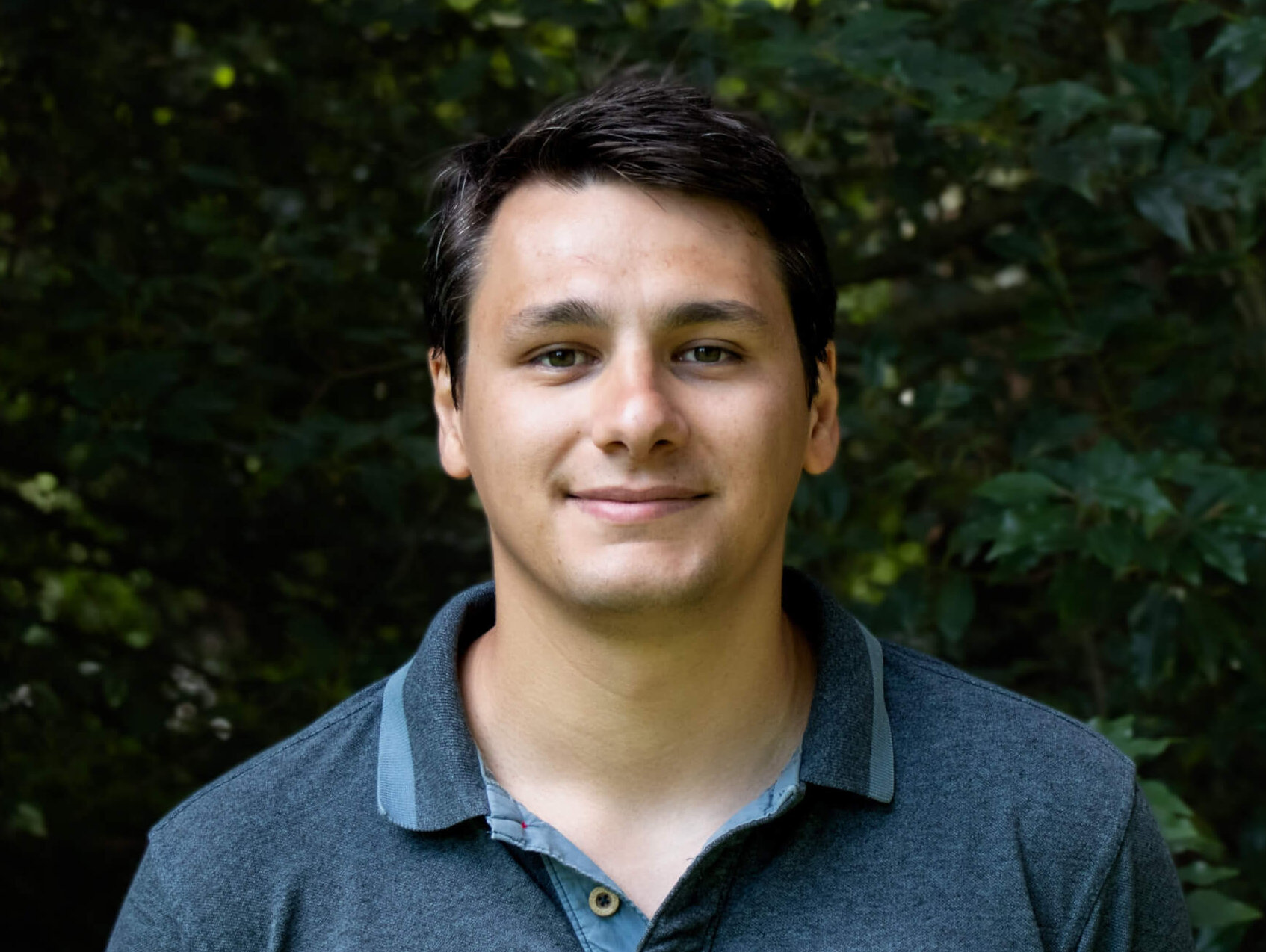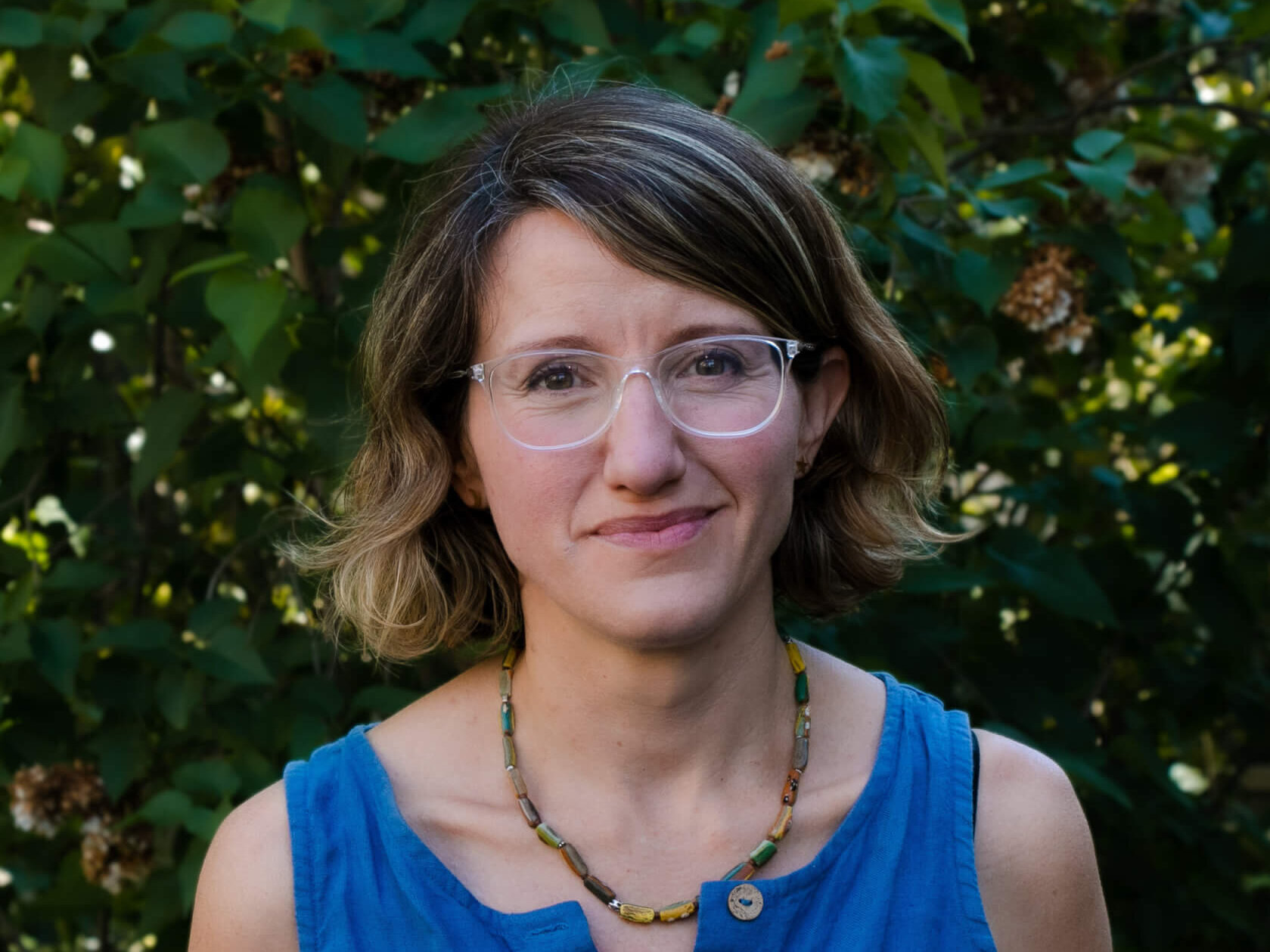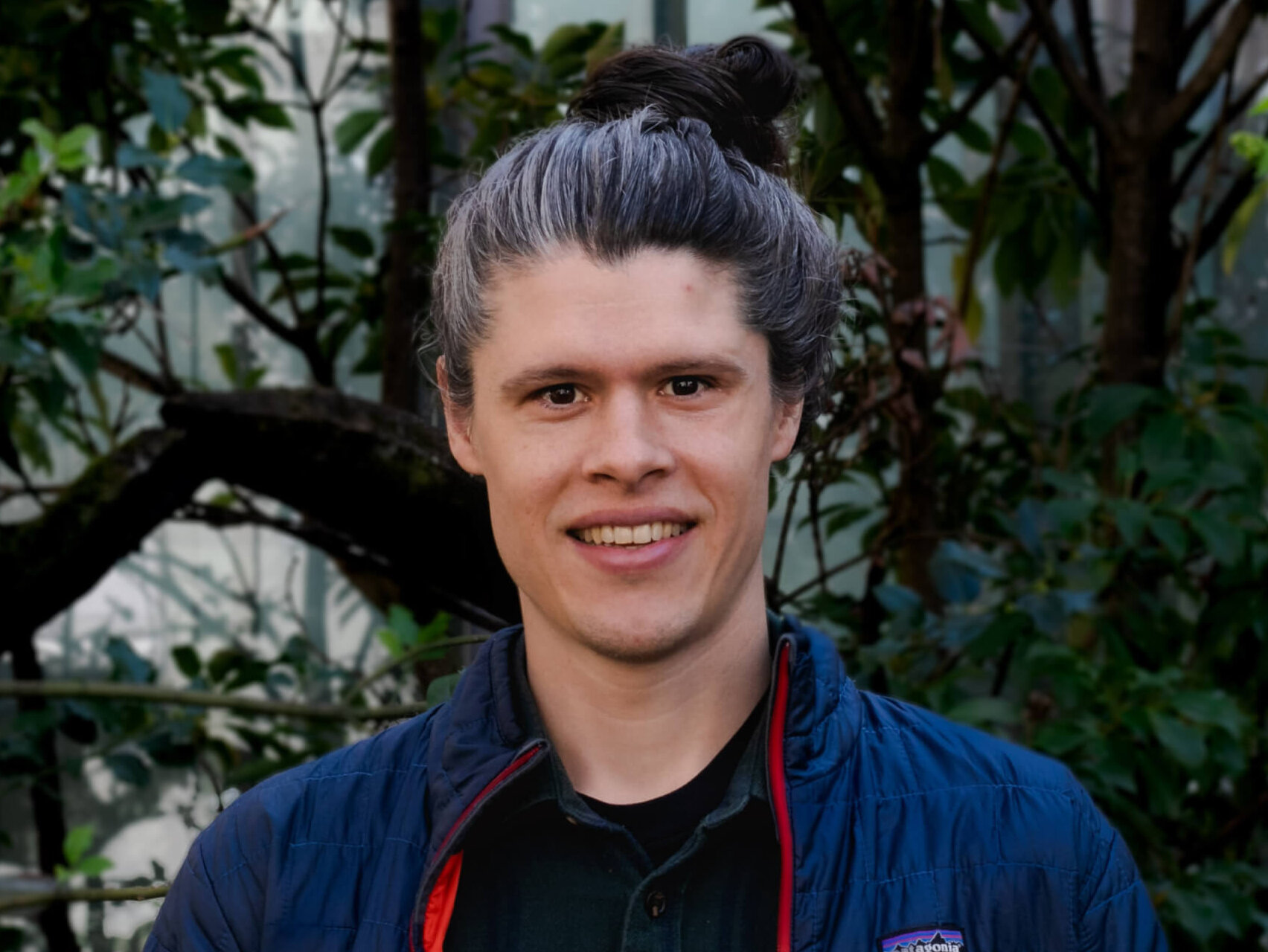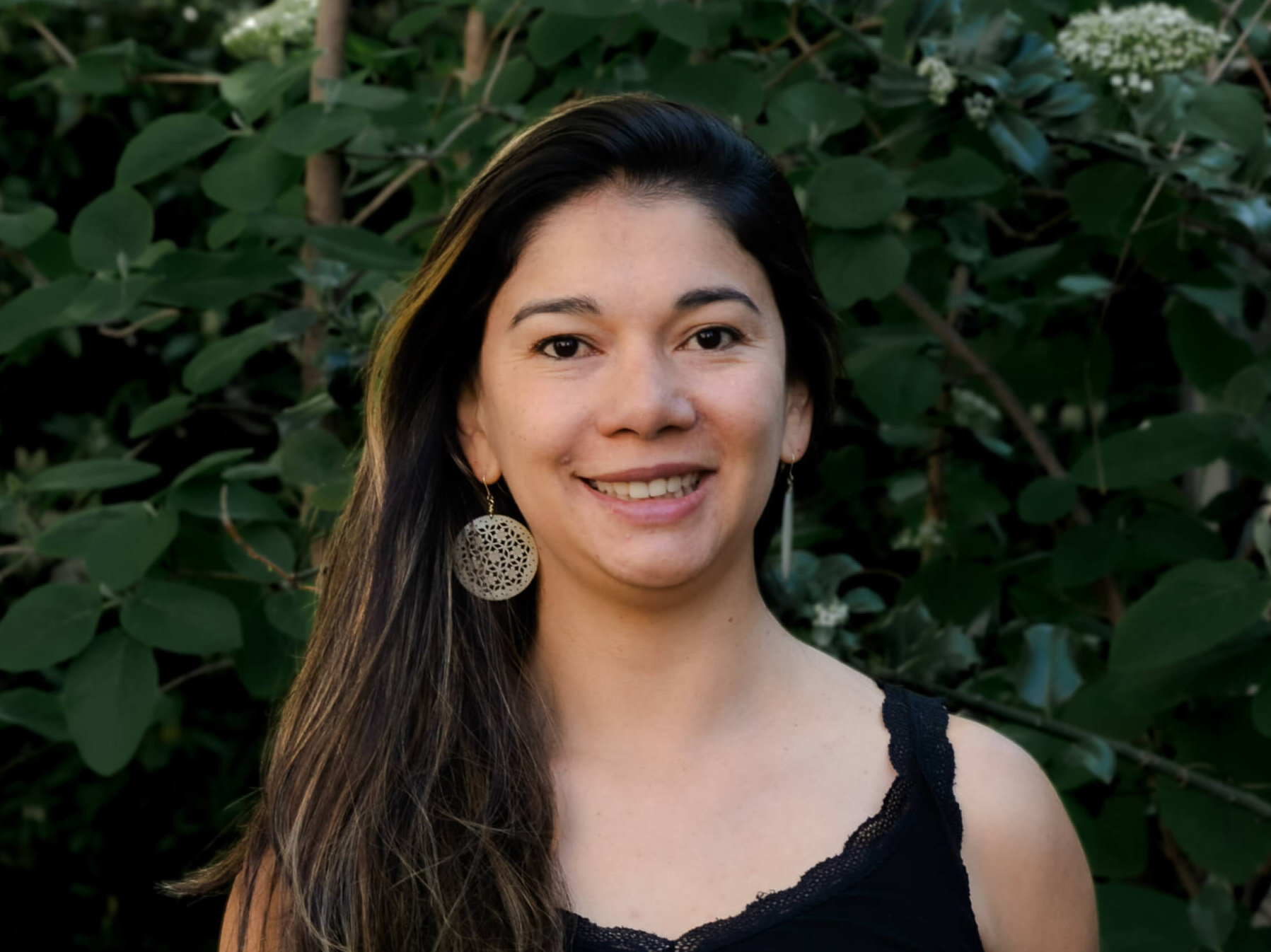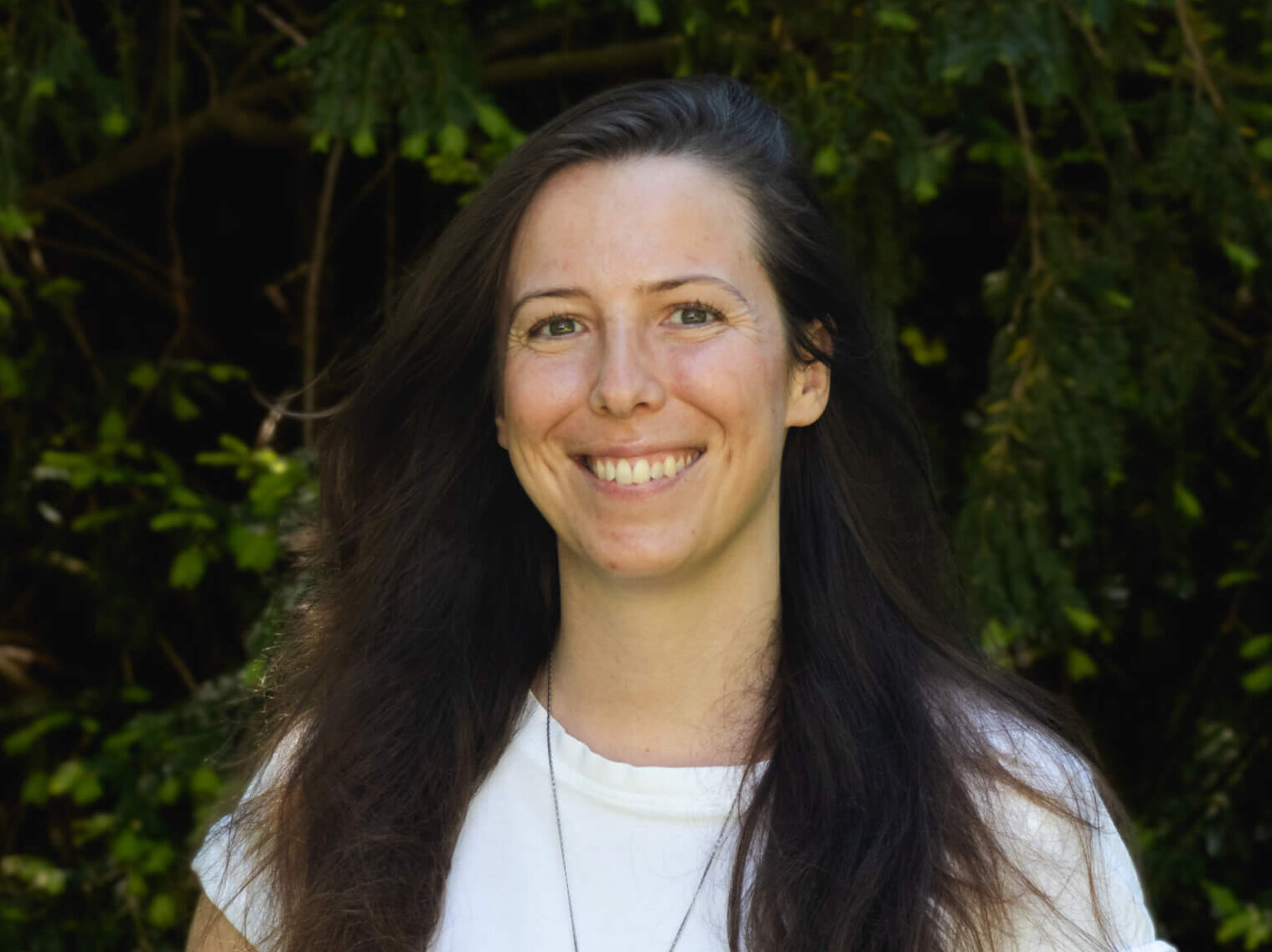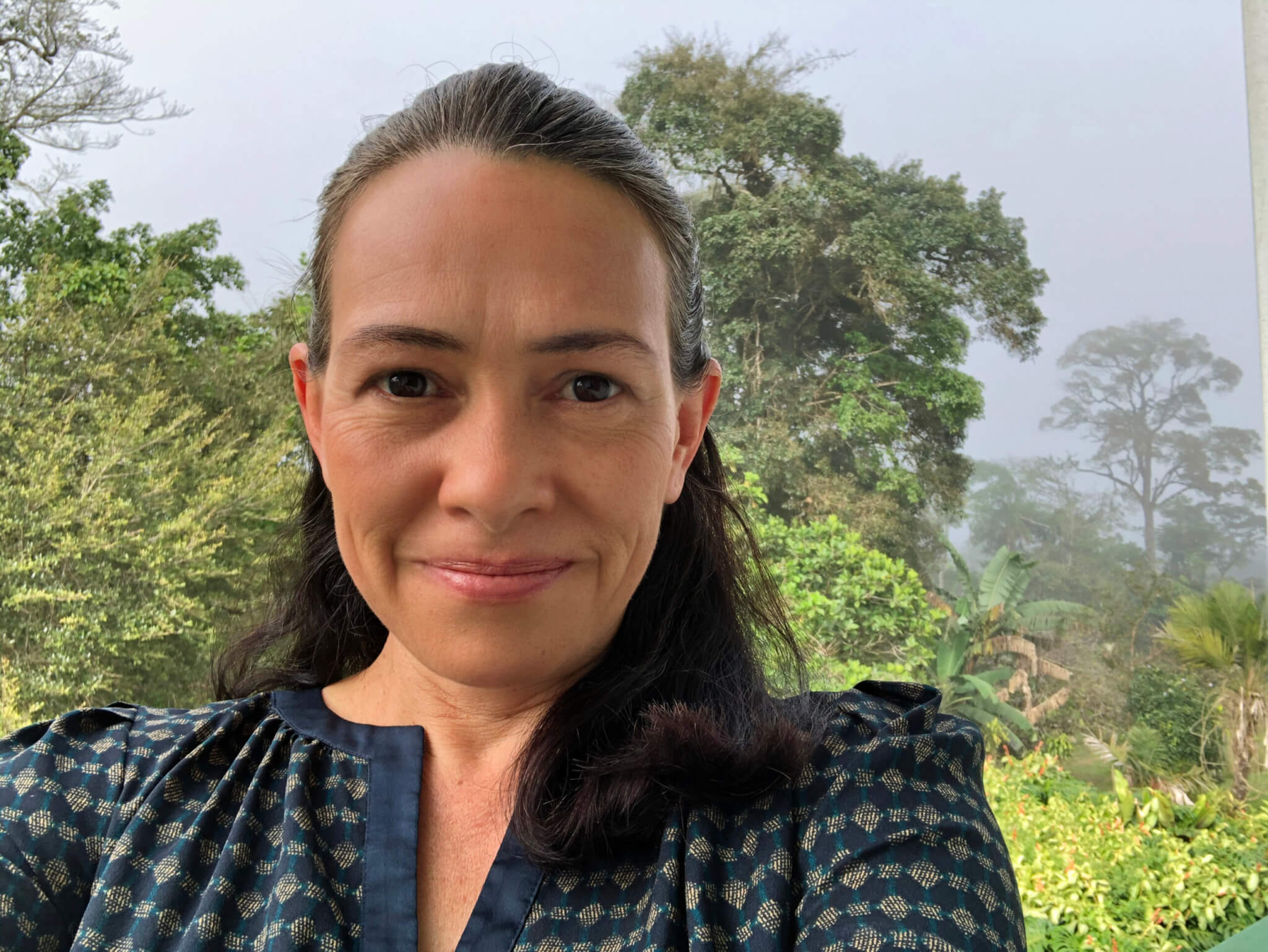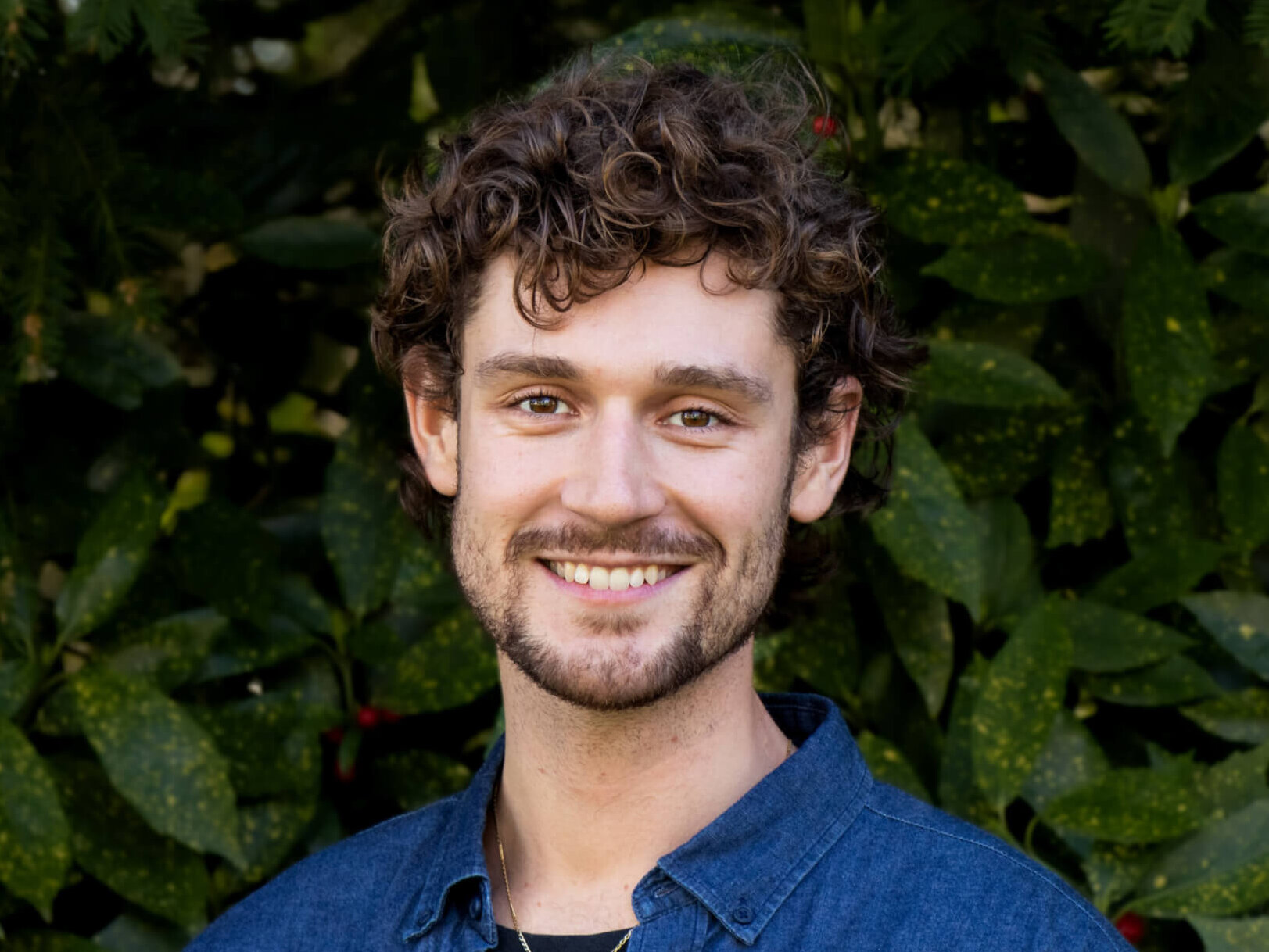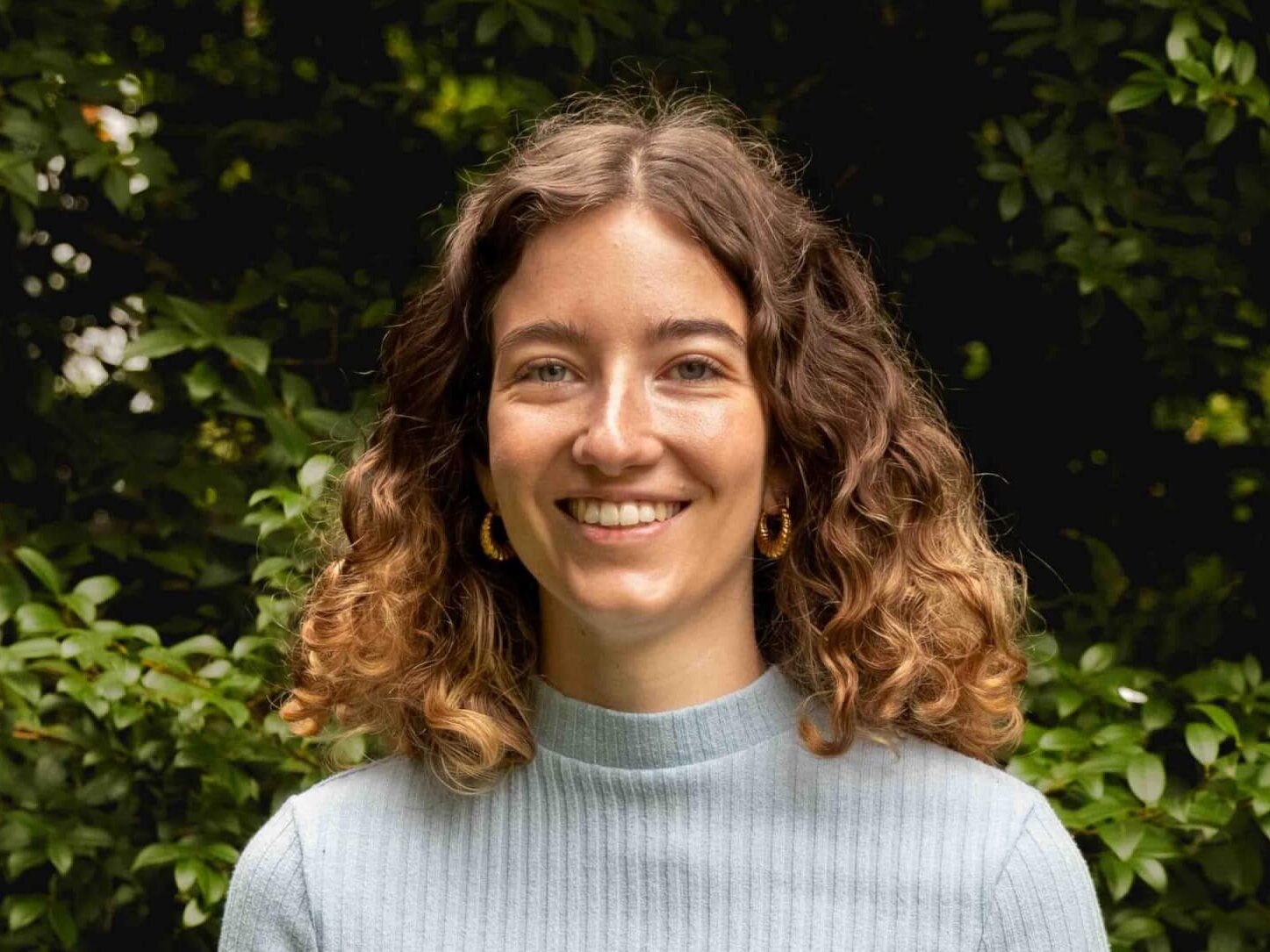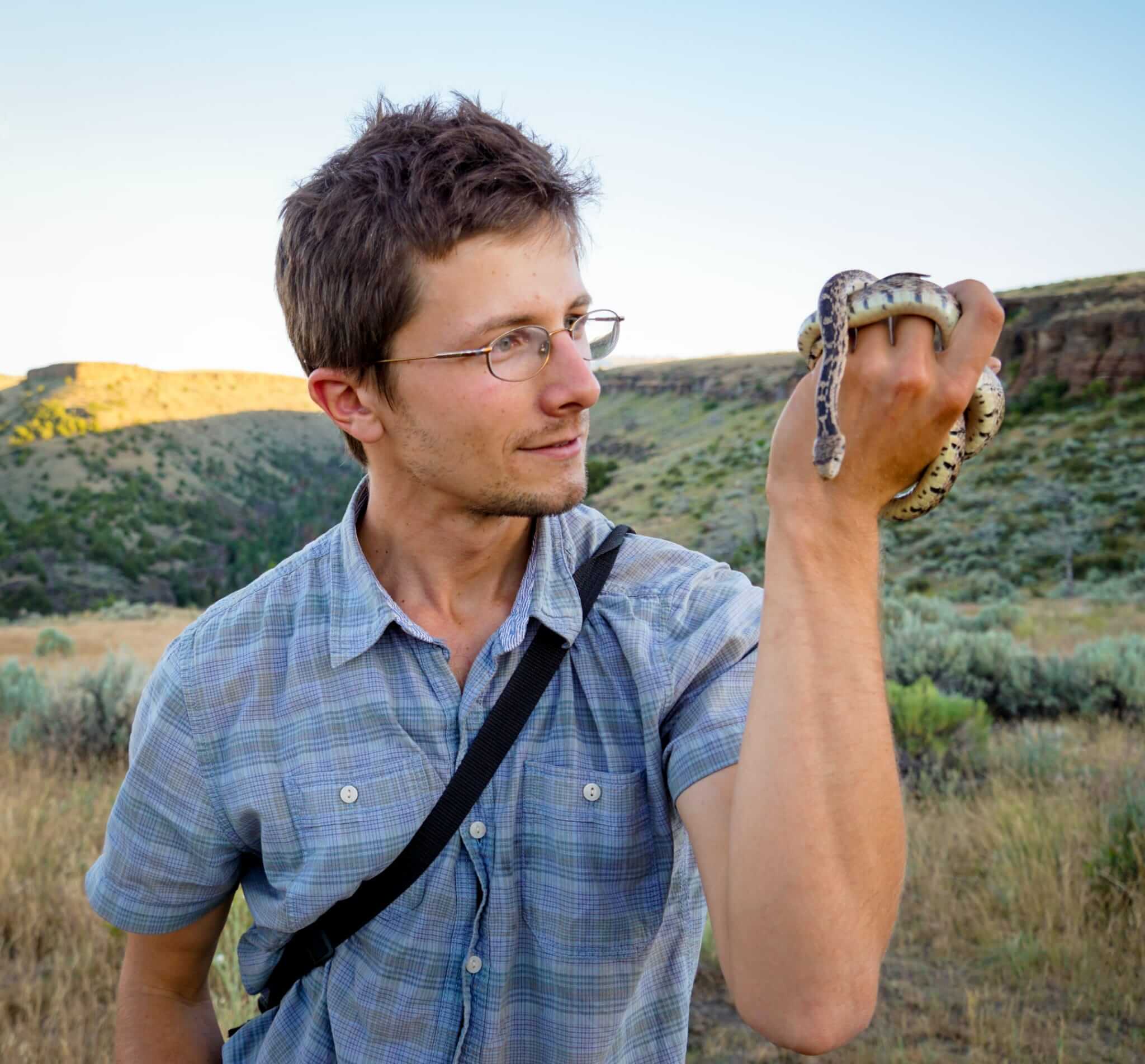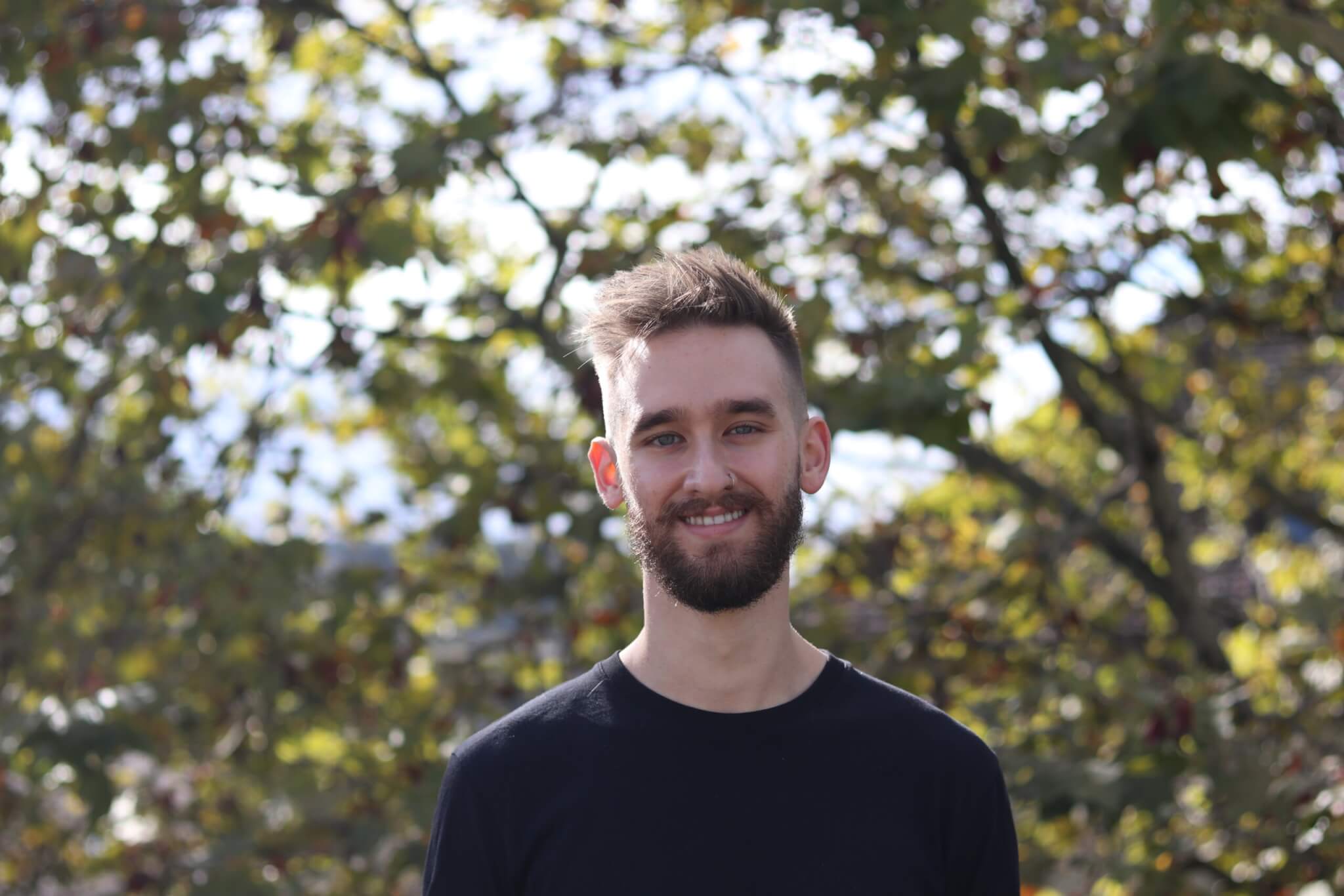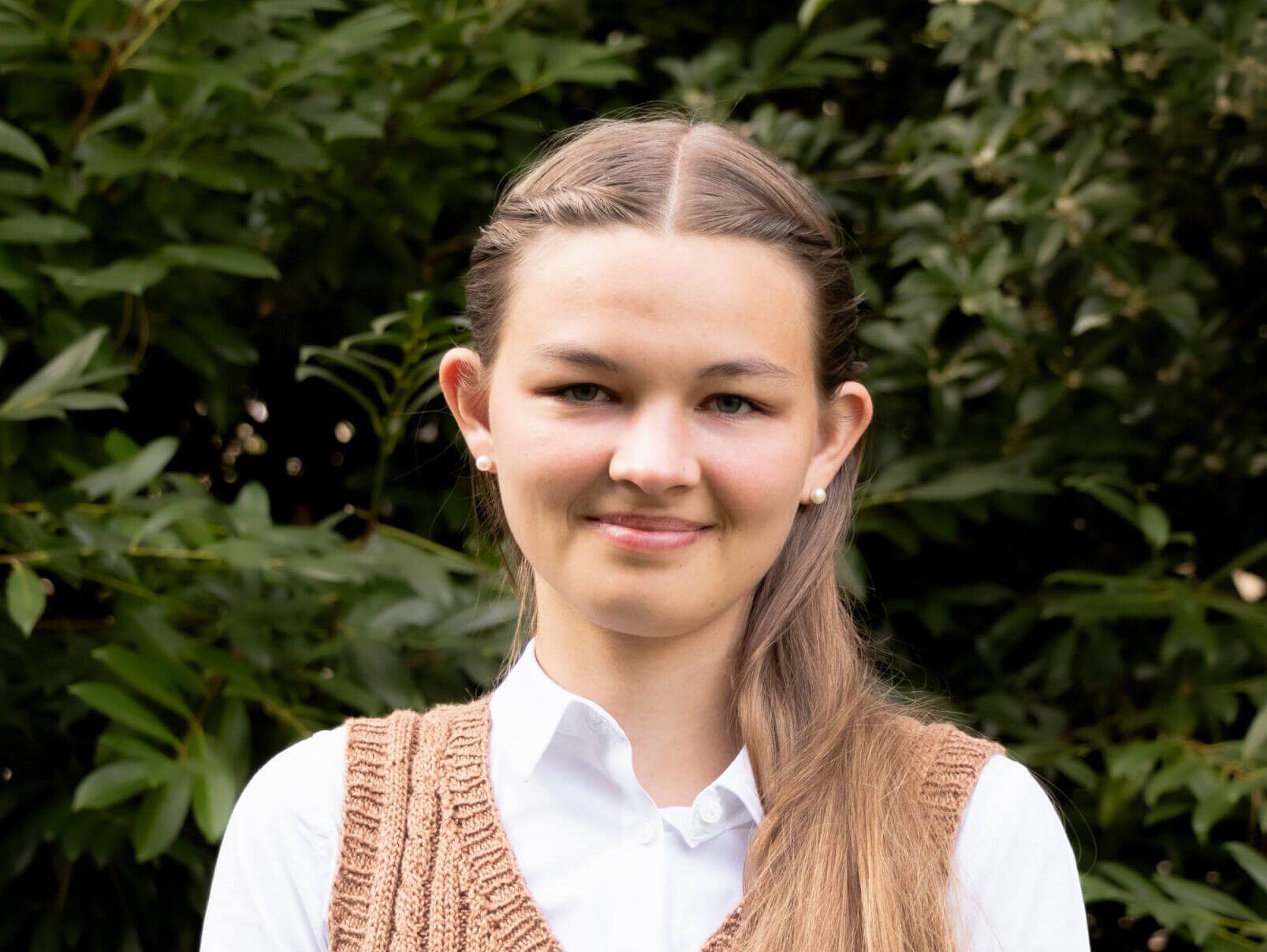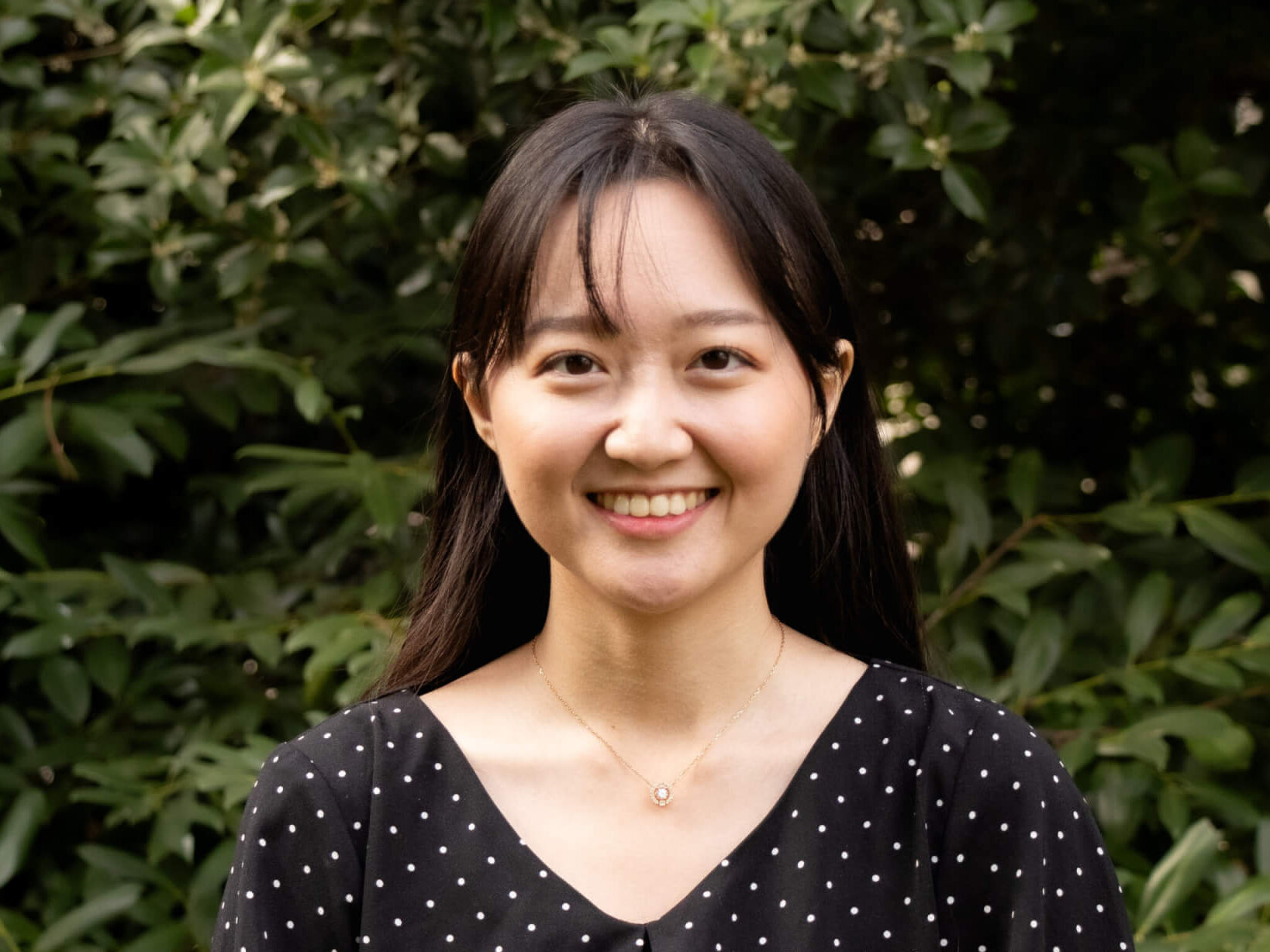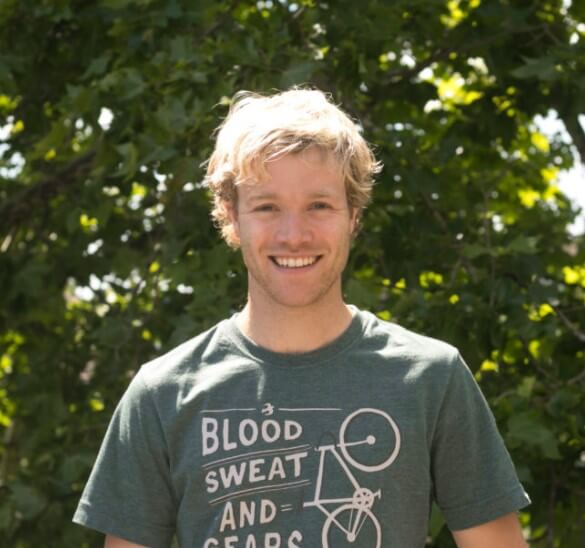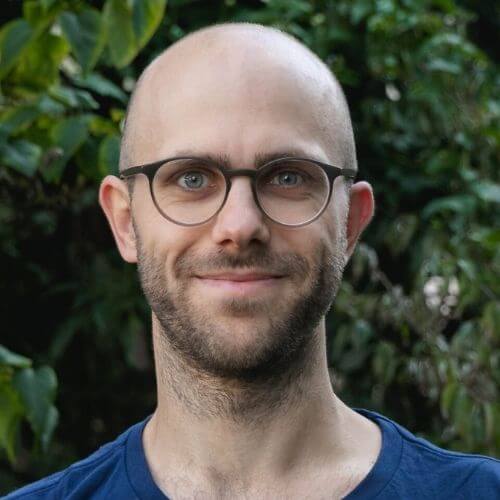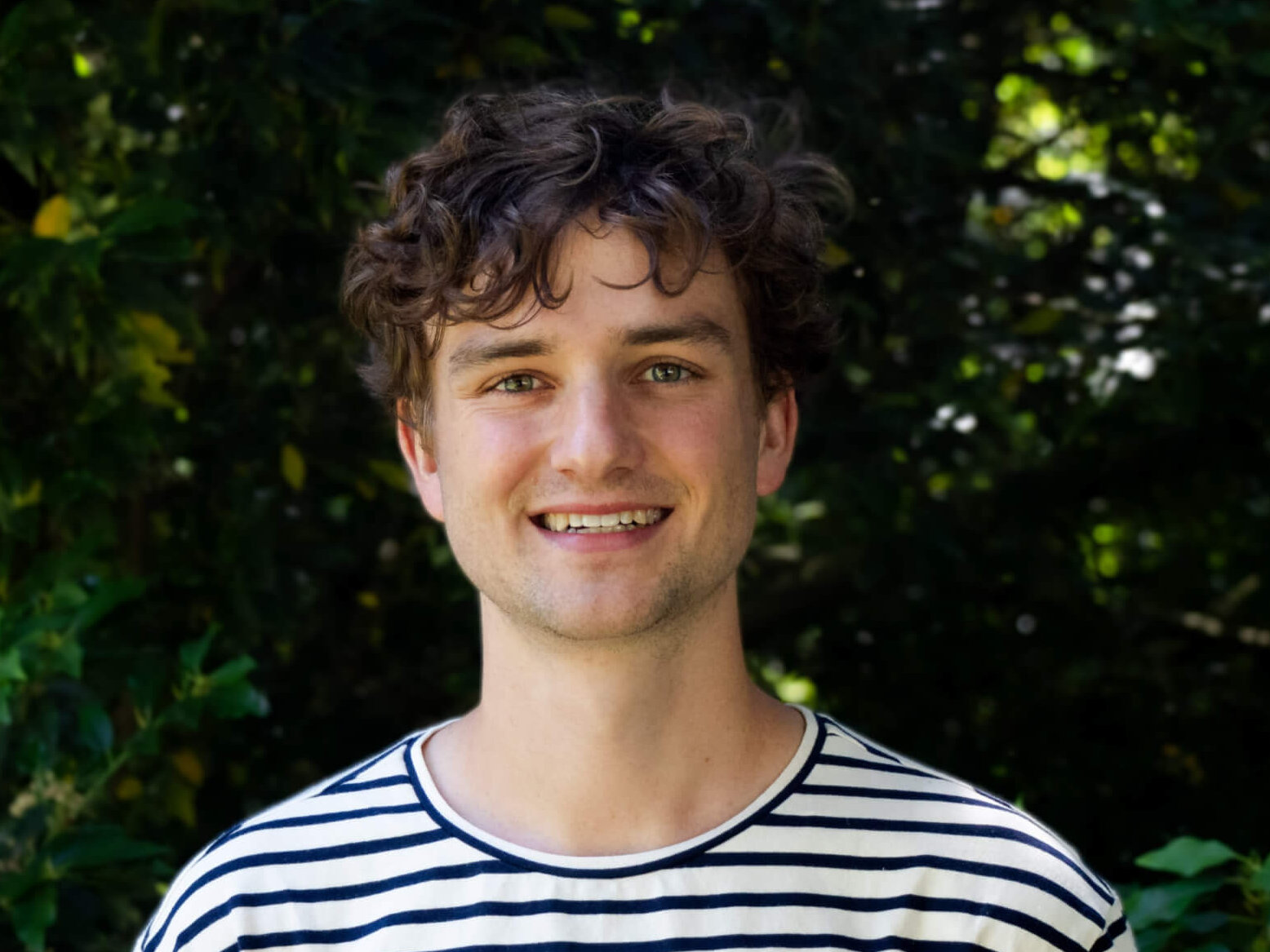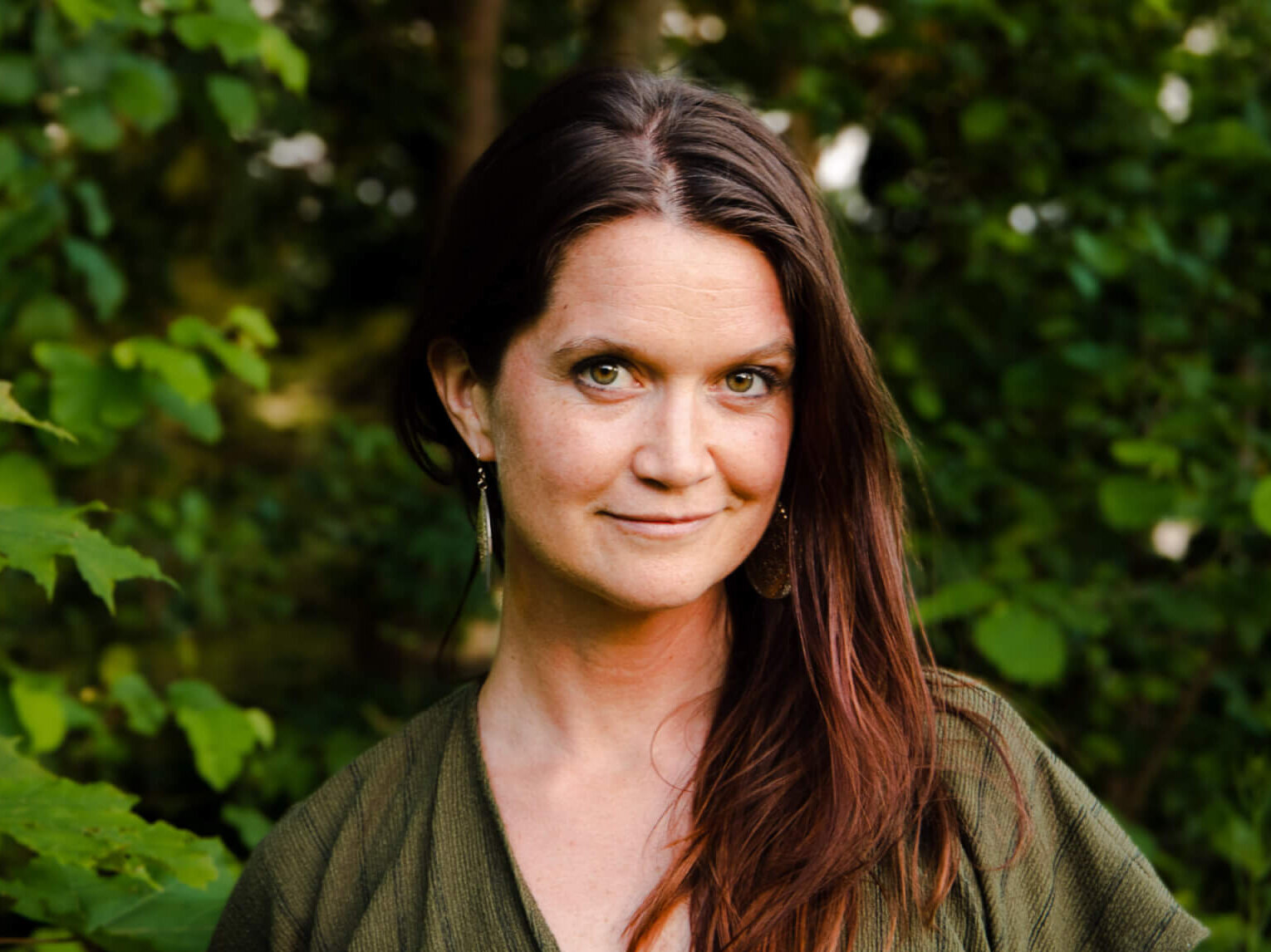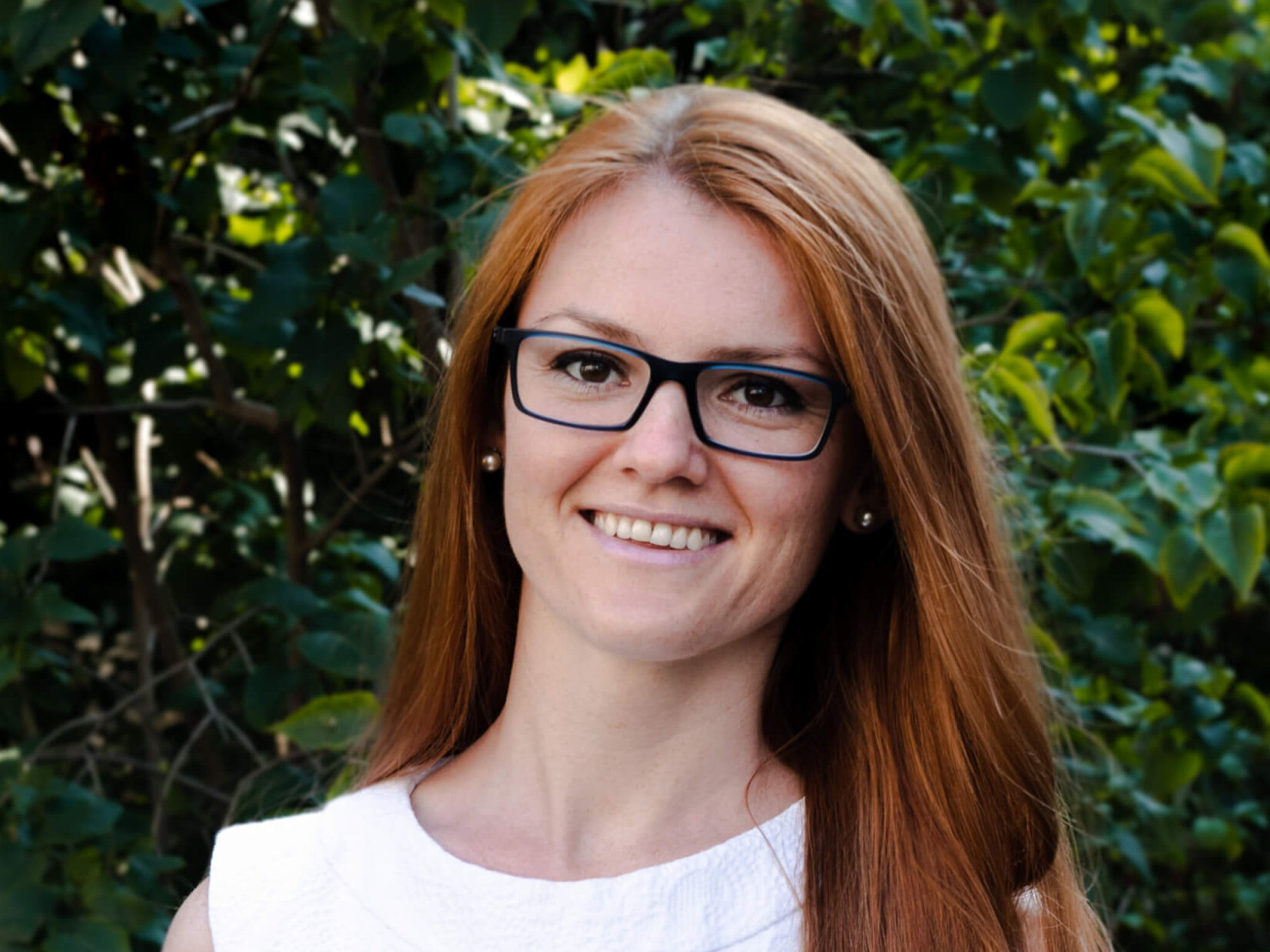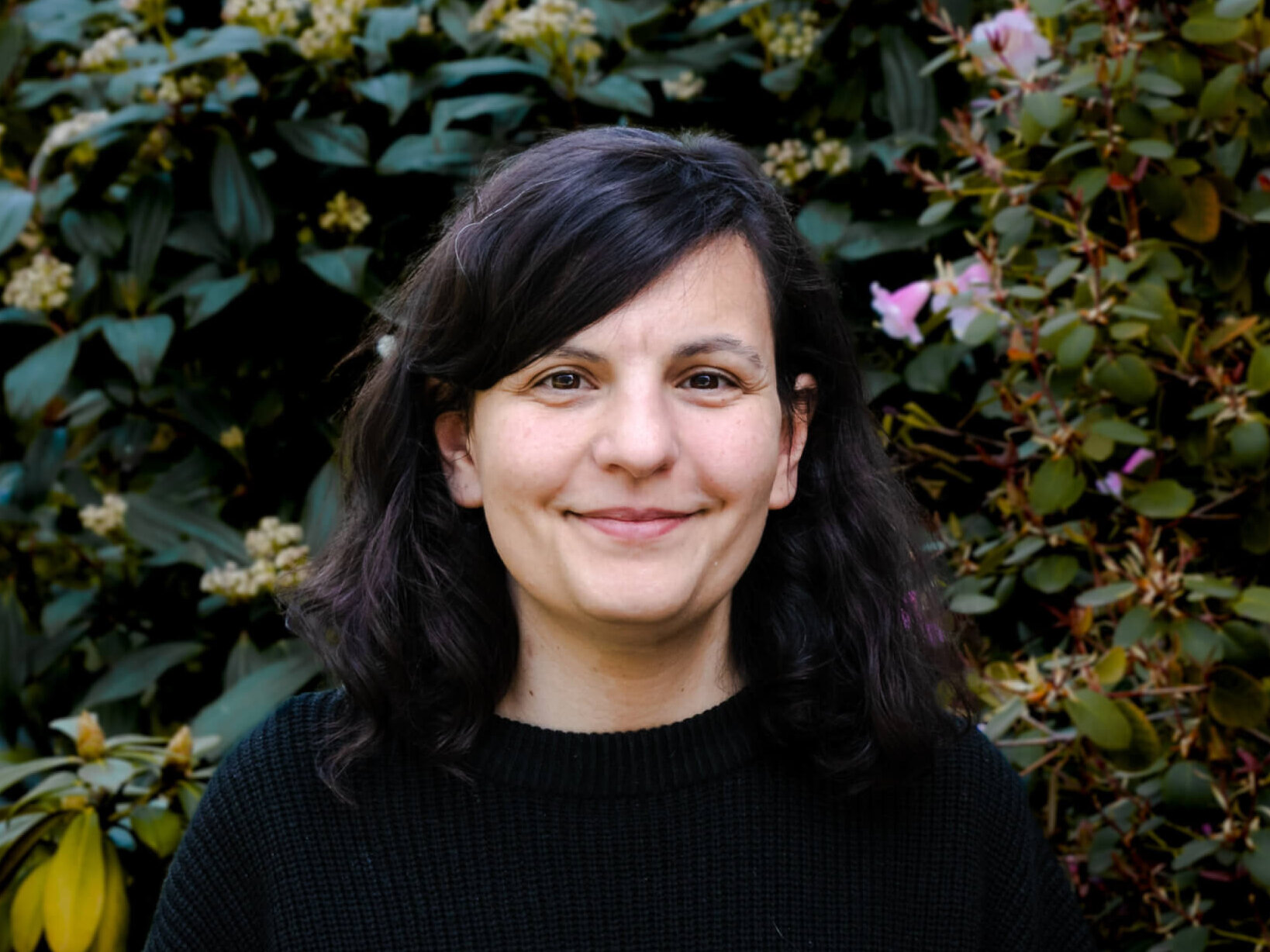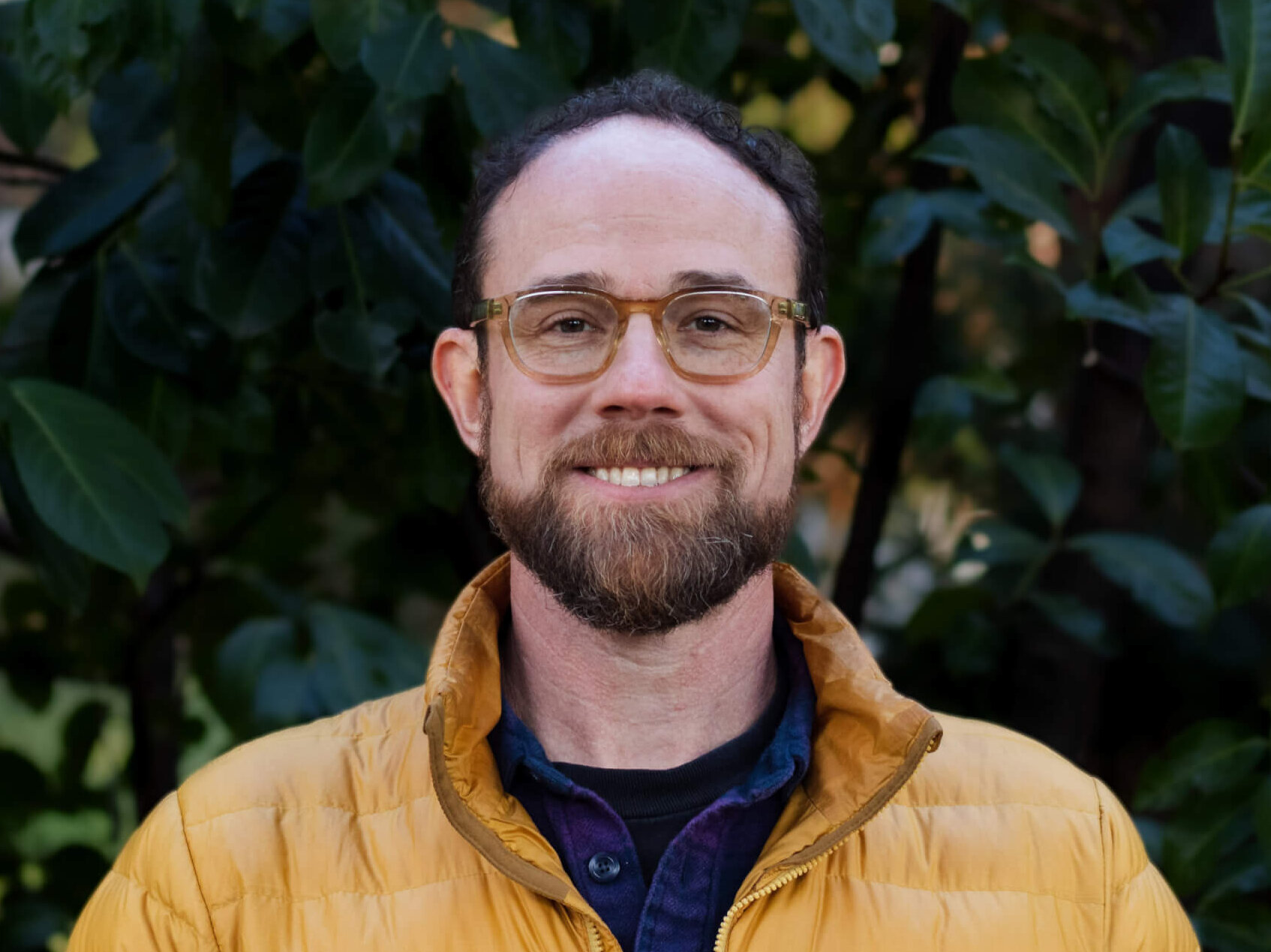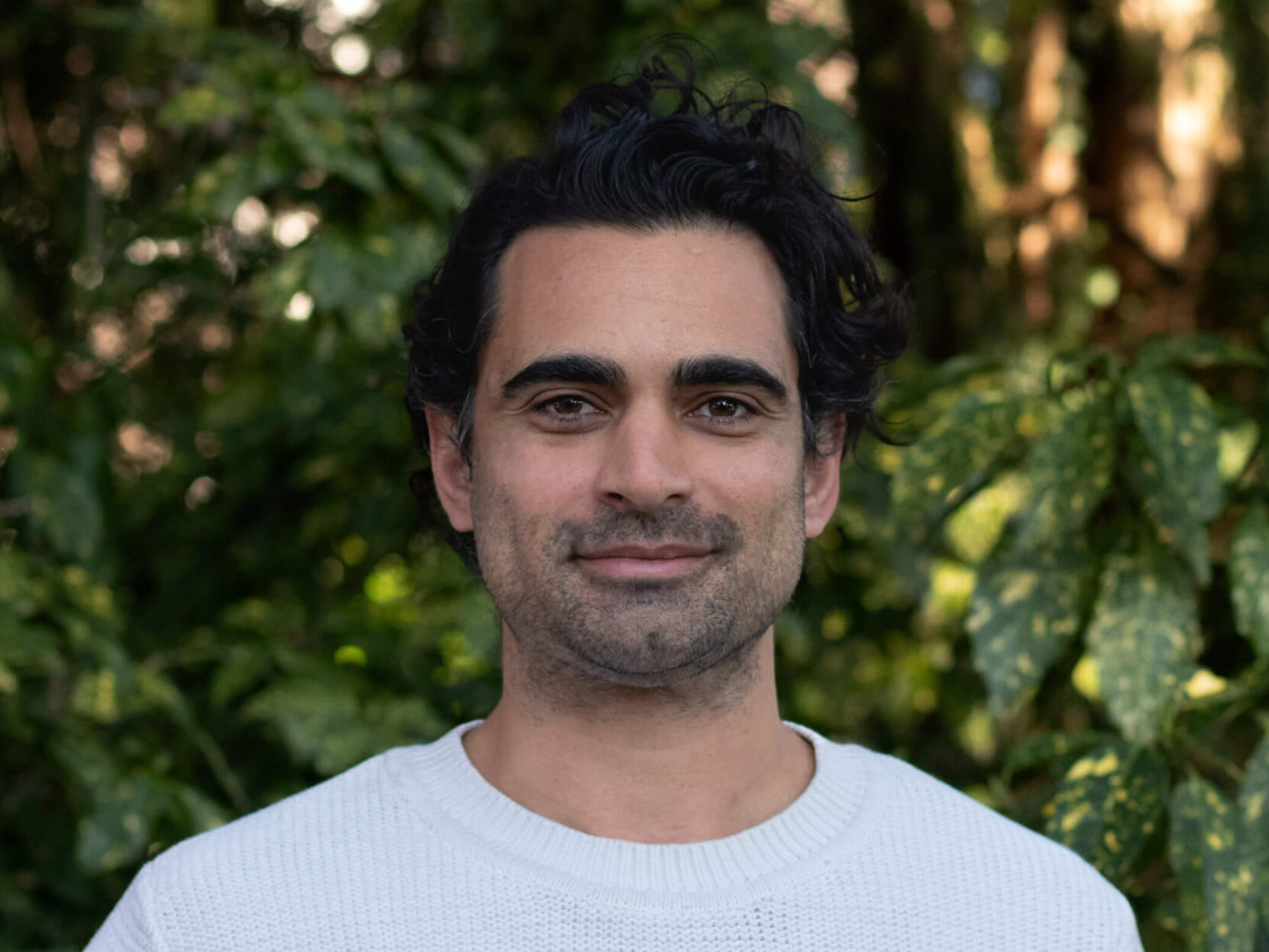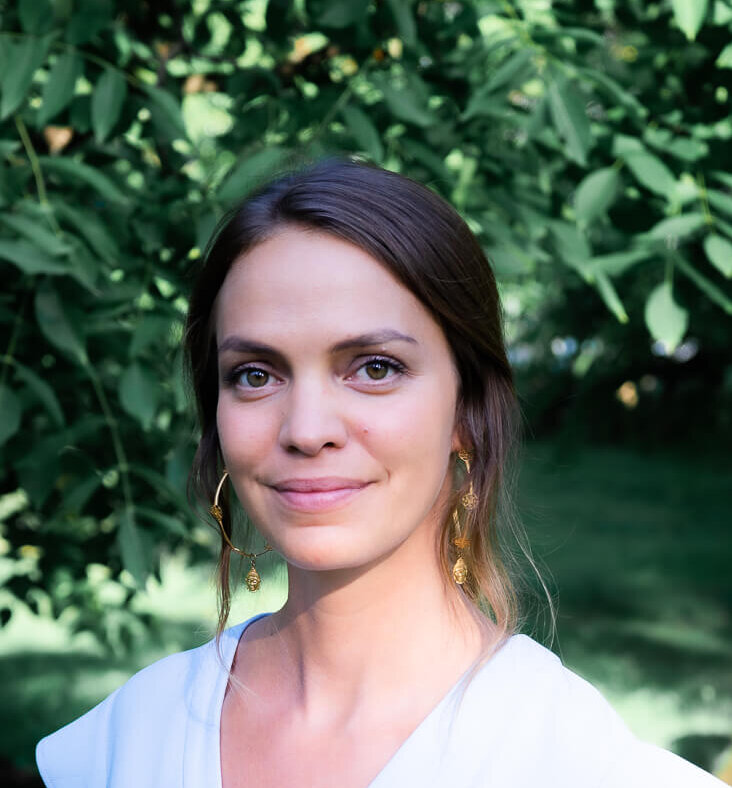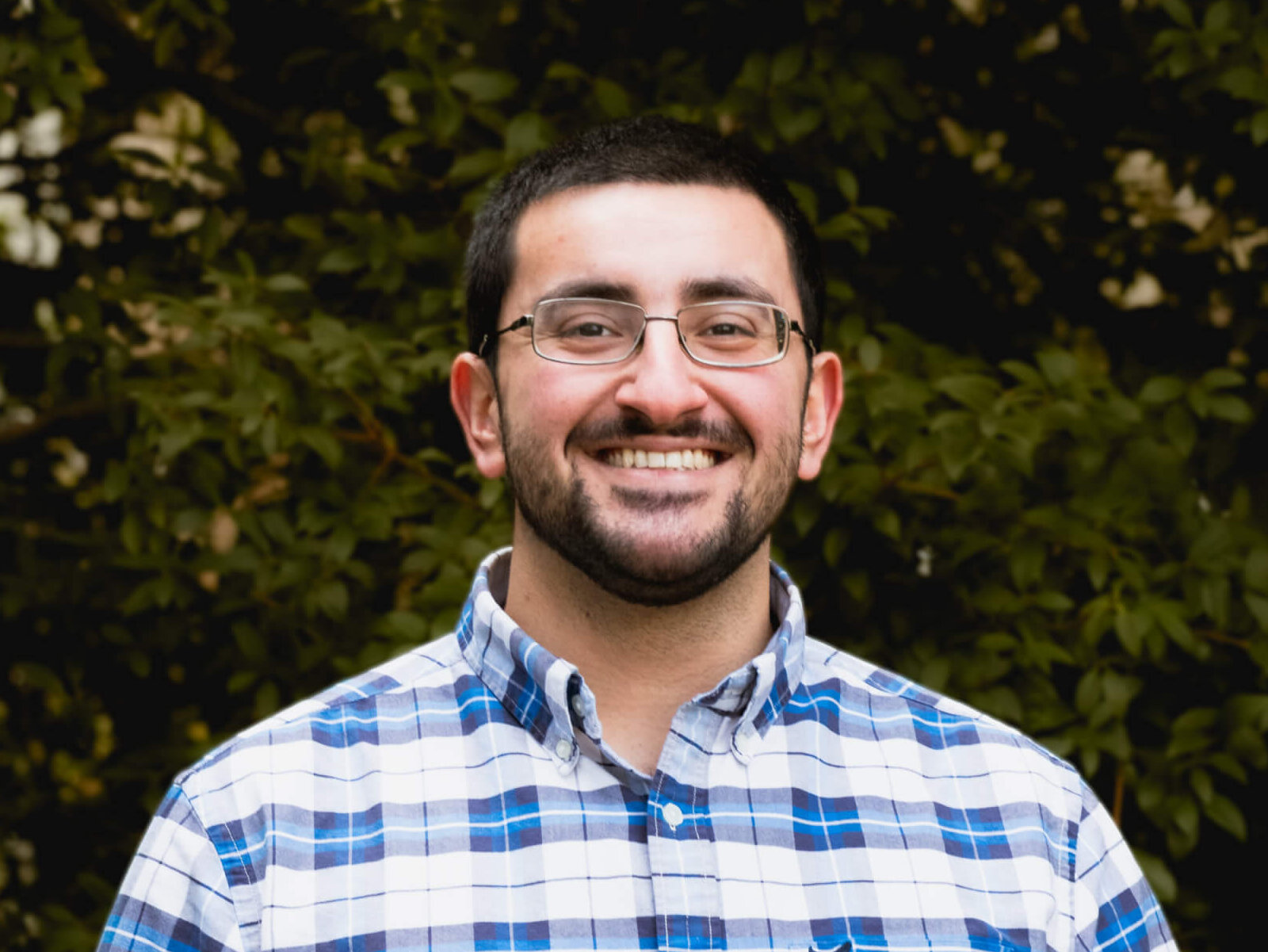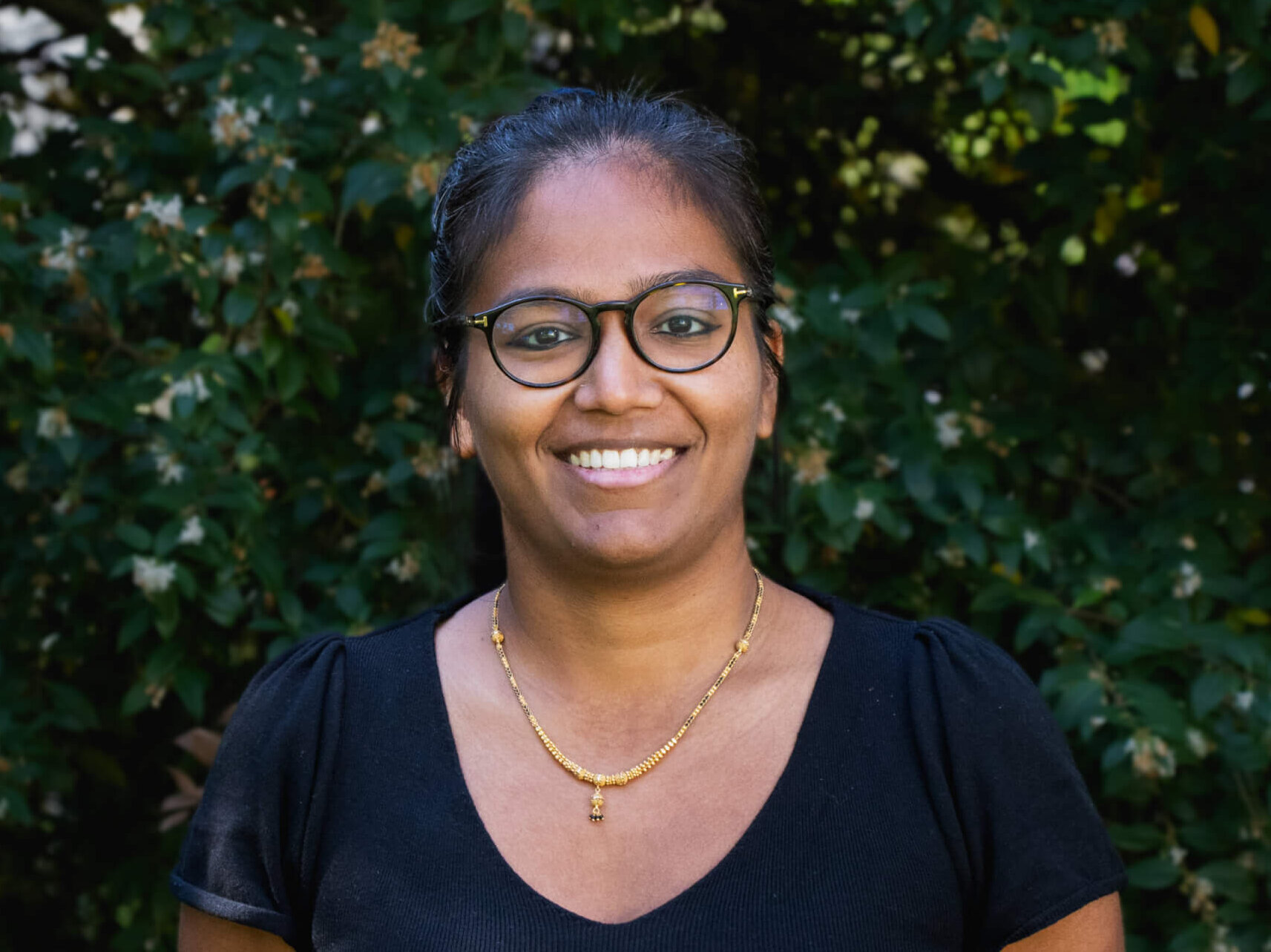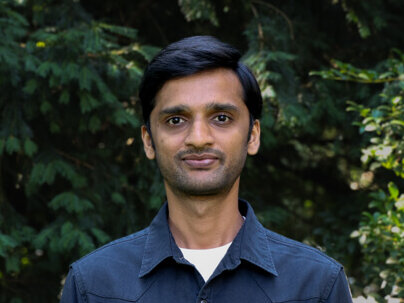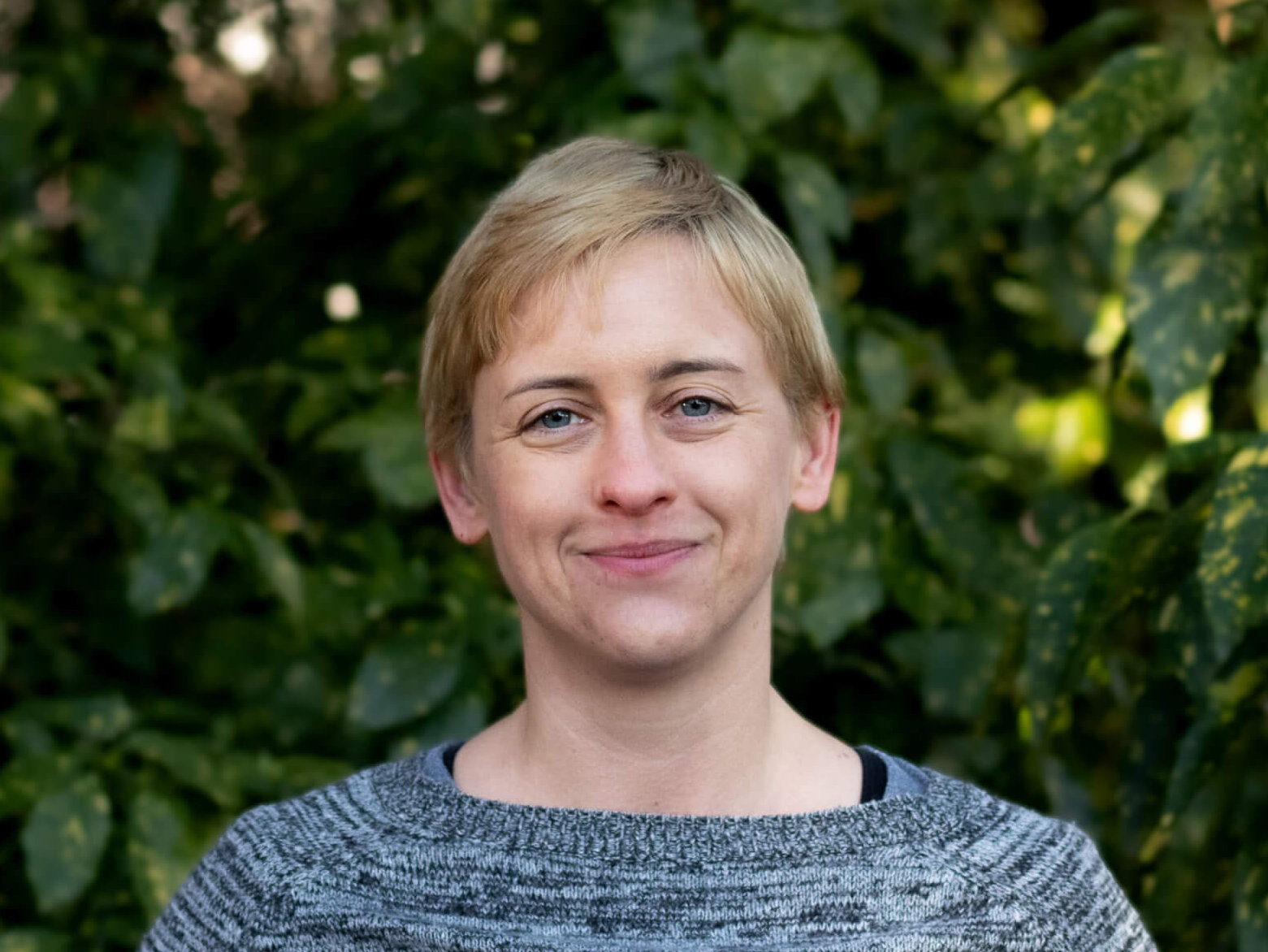The Crowther Lab at ETH Zürich is an interdisciplinary research group which aims to generate a better understanding of global ecology in order to inform and address biodiversity loss and climate change.
We are theoretical ecologists, restoration experts, and data scientists studying global ecosystems and our work is helping create the scientific foundation for ecosystem restoration.
We’re optimistic problem solvers and communicators, students and teachers, partners and parents. We’re the Crowther Lab at ETH Zurich!
Prof. Dr. Thomas Crowther
Lead Scientist and Lab Founder
Thomas Crowther is an ecologist studying the connections between biodiversity and climate change. He is a professor in the Department of Environmental Systems Science at ETH Zurich, chair of the advisory council for the United Nations Decade on Ecosystem Restoration, and founder of Restor, an online platform for the global restoration movement. In 2021, the World Economic Forum named him a Young Global Leader for his work on the protection and restoration of biodiversity. Read more.
Fundamental Ecology
What is diversity and how did it even arise? We don’t know, yet! This group studies the core mechanisms, processes, and principles that give rise to biological diversity and ecosystem function. They focus on levels of organization ranging from the individual organism to landscape level dynamics, identifying how species interactions and environmental conditions interactively shape the composition, structure, and function of natural ecosystems.
The Fundamental Ecology group is led by Dr. Lalasia Bialic-Murphy. Learn more about her research.
Microbial Ecology
What is happening belowground and how does it drive what we see aboveground? This group is interested in understanding microbial influence on plant diversity and biogeography. We also study human impacts on plants, microbes, and plant-microbe relationships, such as land use change, nutrient deposition and invasion. We study all plant associated and soil microbes, but have a strong focus on mutualistic mycorrhizal fungi. To do this, we use multiple types of data and tools, from greenhouse experiments to global data, and wet lab analyses to large models.
The Microbial Ecology group is led by Dr. Camille Delavaux. Learn more about her resesarch.


Amber Martinovits
Project AssistantAspiring researcher on a mission to make the word “eco” cool again.
Global Vegetation Ecology
Plants play a crucial role in maintaining life on Earth, regulating the climate, and providing a home to countless organisms. Our research team studies how plants respond to global warming and the vital role their ecosystems play in tackling climate breakdown and biodiversity loss. To explore the intricate feedbacks between global vegetation and the climate system, we use a balanced approach, integrating experimental, meta-analytical, and modeling methods. Our primary goal is to gain a deeper understanding of ecosystems and their capacity to cope with climate change. Through our research efforts, we aspire to contribute to the development of strategies aimed at addressing climate change, safeguarding the balance of nature for future generations.
The Global Vegetation Ecology group is led by Dr. Constantin Zohner. Learn more about his resesarch.
Restoration Ecology
Ecological restoration projects can often be ineffective or inefficient, not for lack of effort, but for a lack of ecological and socio-economic information to guide implementation. For example, forest restoration efforts may fail or meet with limited success due to improper species selection or failure to address underlying environmental or socio-economic barriers to forest establishment and retention. Restoration efforts can be made more efficient by understanding the conditions where assisted regeneration vs natural recovery are necessary. Research to develop an array of effective approaches for assisted regeneration that meet different objectives such as carbon sequestration, conserving biodiversity, or providing ecosystem services, and that address site-specific challenges, is critically needed.
As we enter the UN’s Decade on Ecosystem Restoration, it is our responsibility, as scientists, to ensure that ecological restoration efforts are guided by access to the best science, underpinned by rigorous and innovative research, long-term monitoring and assessment of outcomes, and local- to global-scale analytics.
The Restoration Ecology group is led by Dr. Daisy Dent and Dr. Leland Werden. Learn more about Daisy’s resesarch here and learn more about Leland’s research here.
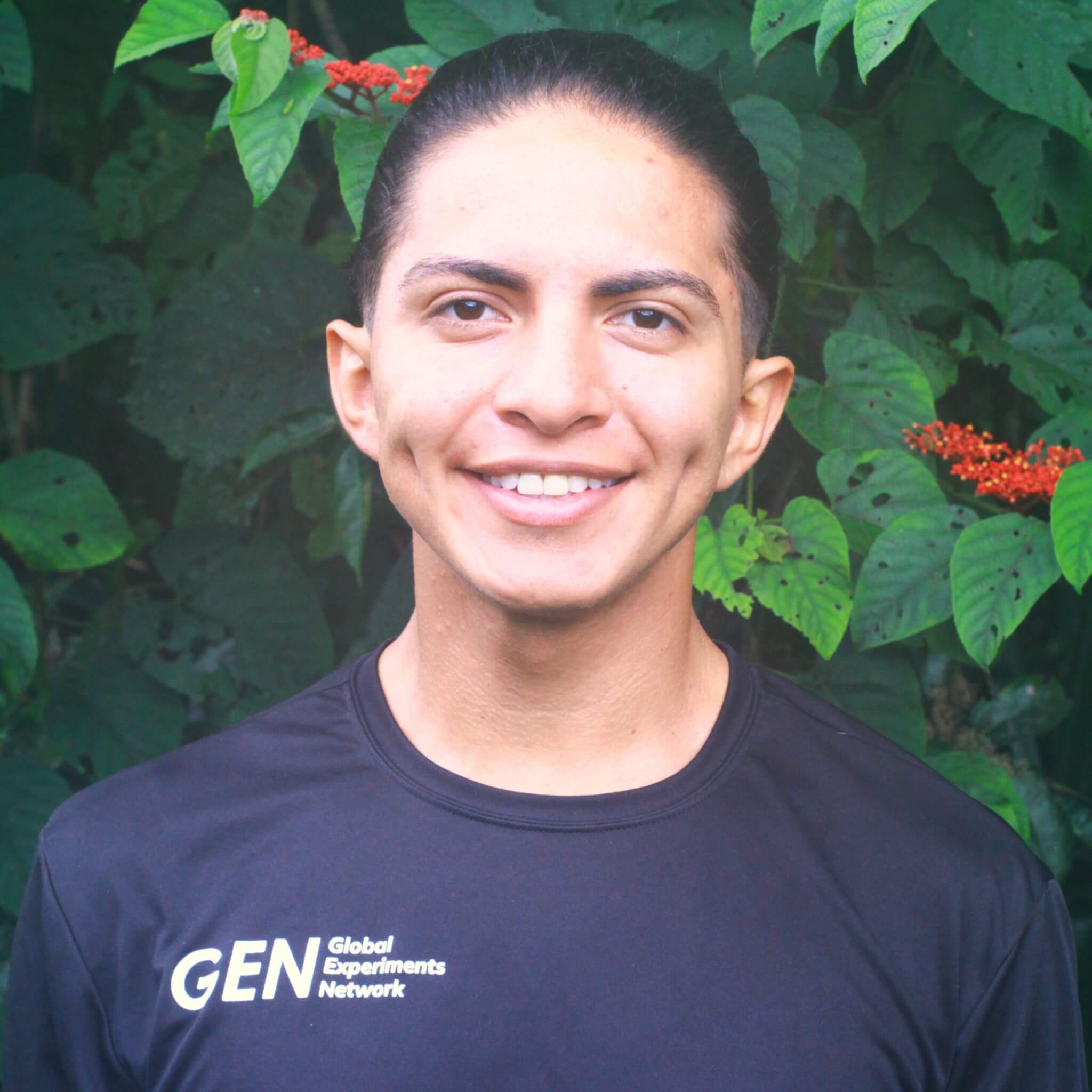

Gerald Quirós
Restoration Project CoordinatorLandscapes
What is a landscape? A place? A genre of painting or photography? A printer orientation? In the Landscapes Group, we investigate different ways of looking at the Earth and the things that live there, especially (but not exclusively) humans and plants. We are interested in measuring patterns in physical, geographic landscapes and exploring what these patterns mean for the things that humans might like landscapes to do. We also seek to explore landscapes of thought and sentiment, since such expressionistic landscapes form the foundation for the realist landscapes taking shape on the ground.
The Landscapes group is led by Dr. Gabriel Smith. Learn more about his resesarch.

